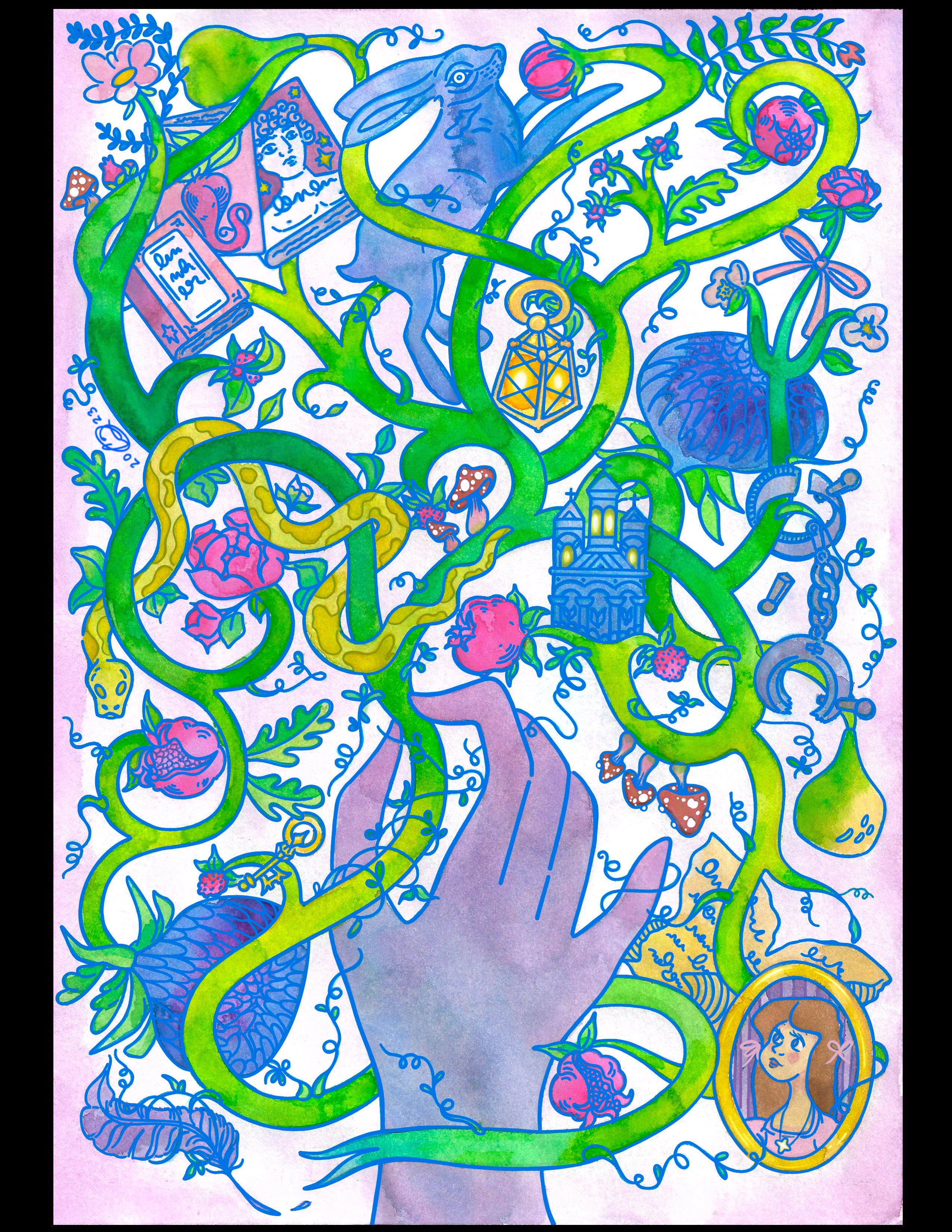




PROJECT MANAGER & APIRG LIAISON / ANINDITA MUKHERJEE
ADMINISTRATION & GRADUATE COORDINATOR / NAOMI REITZIN
ADMINISTRATION & UNDERGRADUATE COORDINATOR / SHANNON BROWN
SOCIAL MEDIA COORDINATOR / ALEX BLAIS
CO-SOCIAL MEDIA COORDINATOR / AON UL ABIDEEN
EDITOR & GRAPHIC DESIGN / CAITLYN DUBÉ
AUDIO TECHNICIAN / MAIA TROTTER
CONTRIBUTING UNDERGRADUATES & OUTSIDE SUBMISSIONS / AYAH ALTALHOUNI / CALYPSO HAINE / GRACE DERKSEN / KATIE O’CONNOR / JASLEEN MAHINDRU / TEDECIA BROMFIELD
CONTRIBUTING GRADUATE SUBMISSIONS / ALEX BLAIS / ANINDITA MUKHERJEE / AON UL ABIDEEN / CAITLYN DUBÉ / CHELSEA DINGMAN / COURTNEY GRAHAM /
MARK WHEELER / MEAGHAN SYCH / NAOMI REITZIN / SHANNON BROWN
SPECIAL CONTRIBUTION BY PANELIST / DR. KATHERINE BINHAMMER
SPONSORED AND FUNDED BY / APIRG

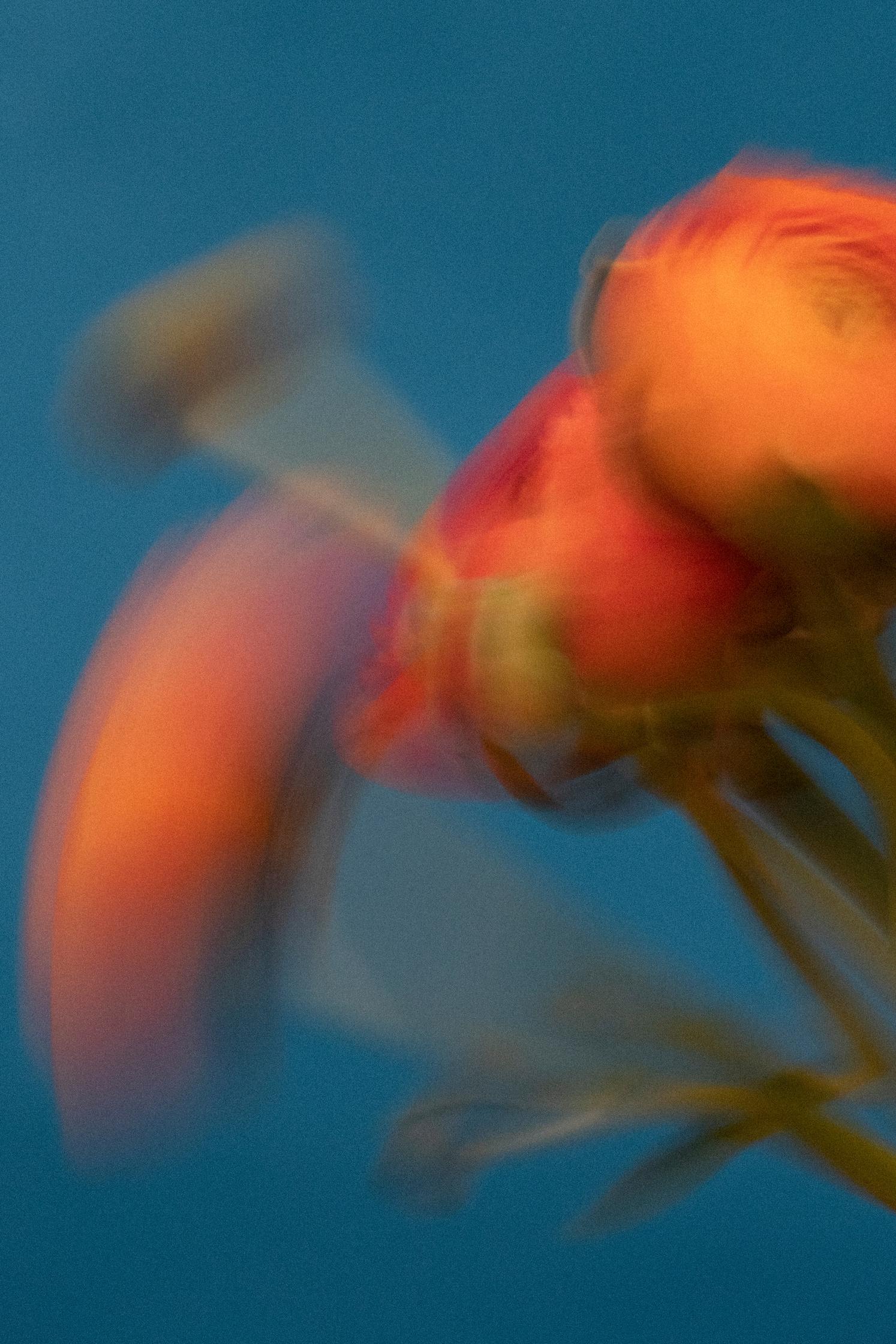
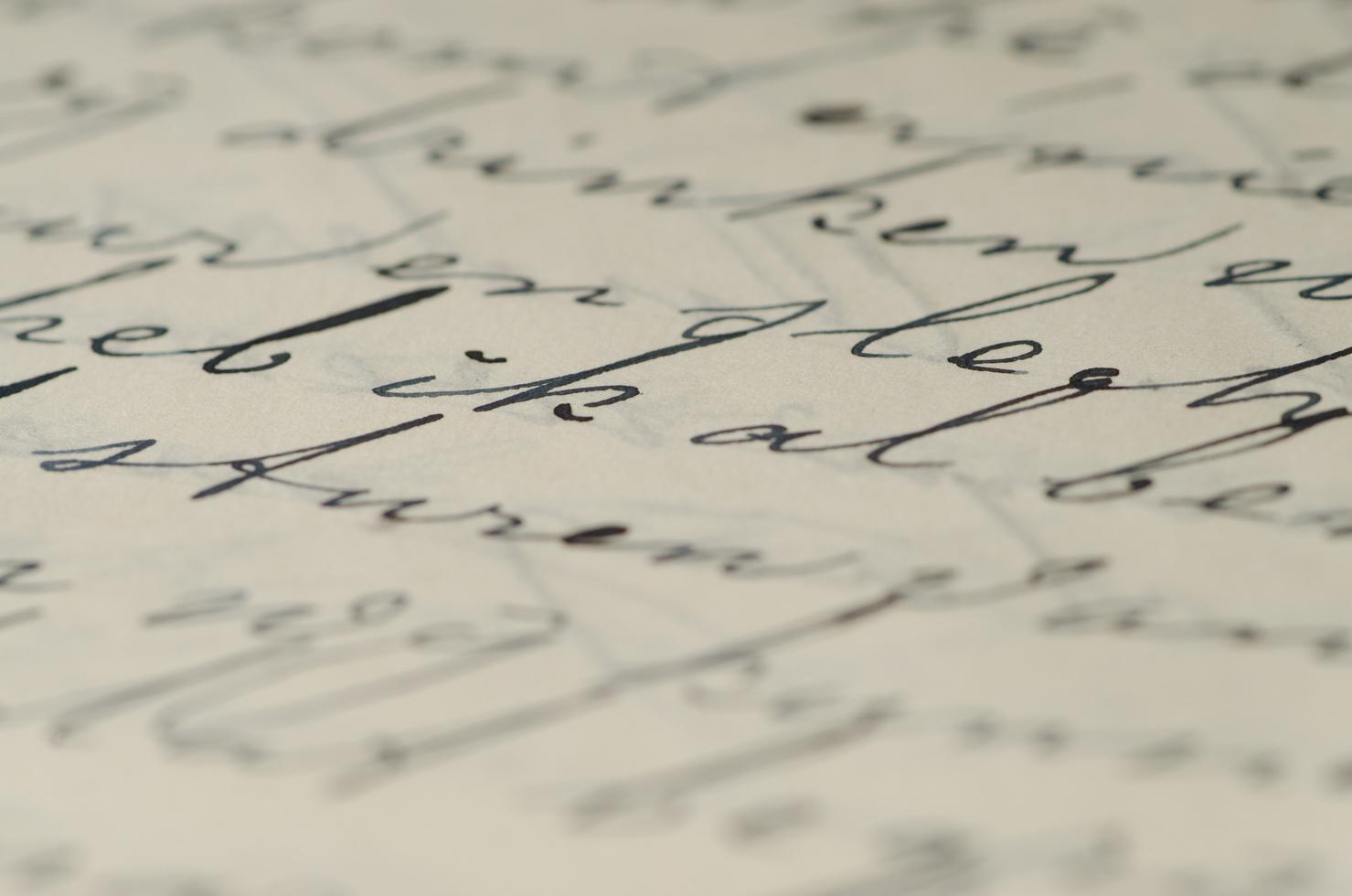
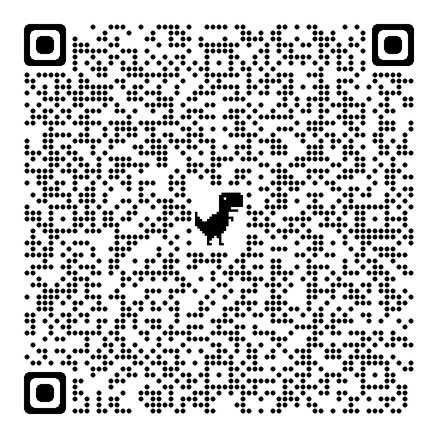
When said out loud, what do you hear when you say the words the voices of the dead? Do you feel your lips move with the sound of each syllable or are you resigned to reading these words in your head? Please ask yourself, are you listening closely?

If you lend an ear, you might be surprised to find out that the voices of the past are not much different from the voices of the present. From the 1500s to the 1800s, women’s voices have been notoriously quieted throughout literary history: suppressed, muffled, altered, edited and, in many cases, shoved into the corners altogether It’s no wonder Virginia Woolf’s speech given at Cambridge University in 1928 remains (despite its flaws and limitations) an infamous second-wave feminist text today. In an extended essay form and known by many as A Room of One’s Own, Woolf asks us to imagine the past lives of women whose brilliancy was subdued or challenged by their time whether it be by the patriarchal hand, religious constraint, poor health treatment, economic limitations, and other nameless sociopolitical and gendered restrictions.
She writes, “…[A]ny woman born with a great gift in the sixteenth century would certainly have gone crazed, shot herself, or ended her days in some lonely cottage outside the village, half witch, half wizard, feared and mocked at. For it needs little skill in psychology to be sure that a highly gifted girl who had tried to use her gift for poetry would have been so thwarted and hindered by other people…” (Woolf 41).
Perhaps there is some opinionated truth in her understanding that to be born a woman and/or identify as a woman in the past was, in its own right, a kind of metaphorical death: a ghoulish existence where one was reserved to the background,
virtually unseen and unheard despite their efforts to change that.
It is not a thought we like to ponder It indeed discomforts and disturbs. Nor, I should say here, was this the case for all women in those periods. But, the similarities are uncanny. We cannot ignore that for some historical women, like Anne Askew, this little death was literal. And yet, despite her torture and being burned at the stake martyred for her beliefs and words, no man or woman could take away her rhetorical skill with biblical scripture nor erase her incredible memory coupled with a carefully crafted persona of modesty and inquisitiveness. "For I am only a woman" is a phrase whispered throughout the centuries and carries, in its clever quietness, as much softness in self-depreciation as it does a gendered power and feminized authority. How many women today know deeply that the full phrase should be, “I am only a woman and that is more than enough.”
For other writers of the past, little deaths took the form of gendered financial troubles, mothers losing their children, cruel and complex captivities, traveling for religious or political safety, defamations of character and unwarranted slander, questioned mysticism and unbelieved blessings, and even lost Sapphic loves. Yet, not all female voices have been lost; many are simply waiting to be dusted off and voiced in the here and now to live again on our public tongues Many women were scribbling furiously in their own time, writing with agency and purpose and emotion, and, while their silence may be an interpreted blindness on our part (as moderns, we must dust them off and offer their words some light), to suggest forces did not work against them would be another blindness altogether.
It was for this reason that our team turned to the “zine” (pronounced ZEEN) format. With so many interesting and varied forms of life writing (letters, autobiographies, dairies, captivity narratives, commonplace books, theatrical manuscripts, scandal memories, and trial testimonies), no format could better fit the collective, fragmented and marginalized narratives of women’s life writing in the 1500s-1800s than the zine After all, the origin of the zine is tightly bound to a history of subcultural movements and provides an open format for marginalized voices to speak: "Many of them combined art, politics, culture, and activism into a single eclectic publication, redefining what a magazine could be, and influencing the rise of activist artists’ magazines that shaped the punk and feminist scenes later on.” (Leuven)
Following in this ethically-inclined zine tradition of engaging with diverse voices, topics, and material designs in a creative and activist manner, our team worked tirelessly to embody the minority and marginal writing of Women-centered, Nonbinary, Queer, Black, Ethnic, Captivity, and other pseudonymous/ anonymous voices through creative and pseudo-historic works (photography, graphics, nonfiction articles, and fictional letters, interviews, and creative fiction) Even our zine’s colour palette and graphic design was enmeshed in a way that sought to employ modern formatting, with its bright, saturated colours and playful graphics, and merge them with artistic influences taken from the 1500s1800s: woodcut and manuscript illustrations, symbolic flora and fauna of the time, and religious iconography.
In Tedecia Bromfield’s “The Untold Story of Catherine McKenzie,” we explore Jamaica’s history of emancipation and its ties to the rights of women, of which Catherine McKenzie is a key player as she helps to establish an Afro-Caribbean nationality bound to the beginnings of intersectional feminism.
In Katie O’Connor’s creative spin on the maledominated tale of Jack-the-Ripper, “Jack and Jill” carefully tiptoes across the mysterious and foggyheaded letters of Jane Kelly (one of the victims) as we begin to ask what women are truly capable of.
In Aon Ul Abideen’s “Letter from D’Eon to Myself,” they reimagine Chevaliere D’Eon’s voice as they contemplate trans terminology (both contemporary and in past) and look to the French diplomat and spy for advice on gender fluidity. From the poetic works of contributors like Ayah Altalhouni, Calypso Haines, and Jasleen Mahindru to the complex narratives in this zine which lay out themes of childbirth and trauma, war-torn nations and political reform, negotiating authorial authority within patriarchal constraints, philosophy and medical science, hysteria and mysticism, and the list goes so much further; this zine is a collective, creative and communal embodiment of women’s life writing and we cannot wait to share it with you.
From one voice of the dead to another, listen closely. They have something to say.


ReferentialListeningisanethicalattempttolistentothepastthrougha creativesearchfortheever-escapingreferent. Inthecontextofthezine, the “VoicesoftheDeadtotheLiving” dwellsonbothimageandsoundtocreatea spectacleofthereferentthataidshistoricalimagination: ofnotwhatitwas butwhatcouldwellhavebeen, listeningtothesenseofhistoryas possibilizedinthepresentwithasensitivitythatisthebasisof anethicalsearch.
A note on Referential Listening, Anindita Mukherjee
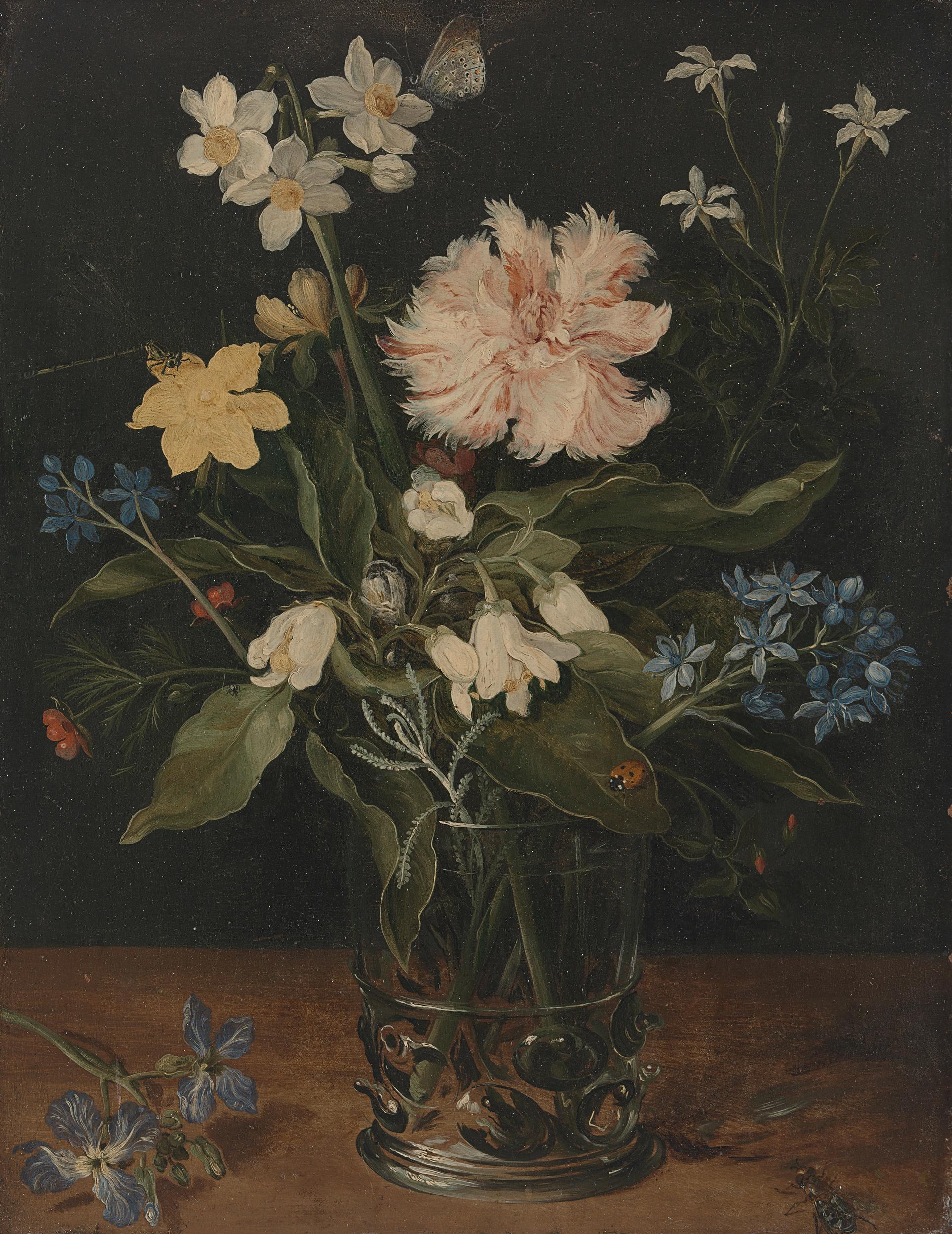
Context: Women and non-binary figures of the 1600s-1800s often used clothes and garments as a way of expressing themselves, not unlike people today The colours one chose to sport could symbolize one’s varying status or wealth, as dye colours varied for fabrics and could make some garment pieces more exotic and costly to create. From the choice of a plain wool to the finest silk, women of these periods were read by their clothing and judged according to their wear The fabric, cut, and colour of a garment or set of garments could be read as easily and just as scrutinized as a set of wandering eyes across a manuscript inspected, constrained, and pierced by the patriarchal gaze
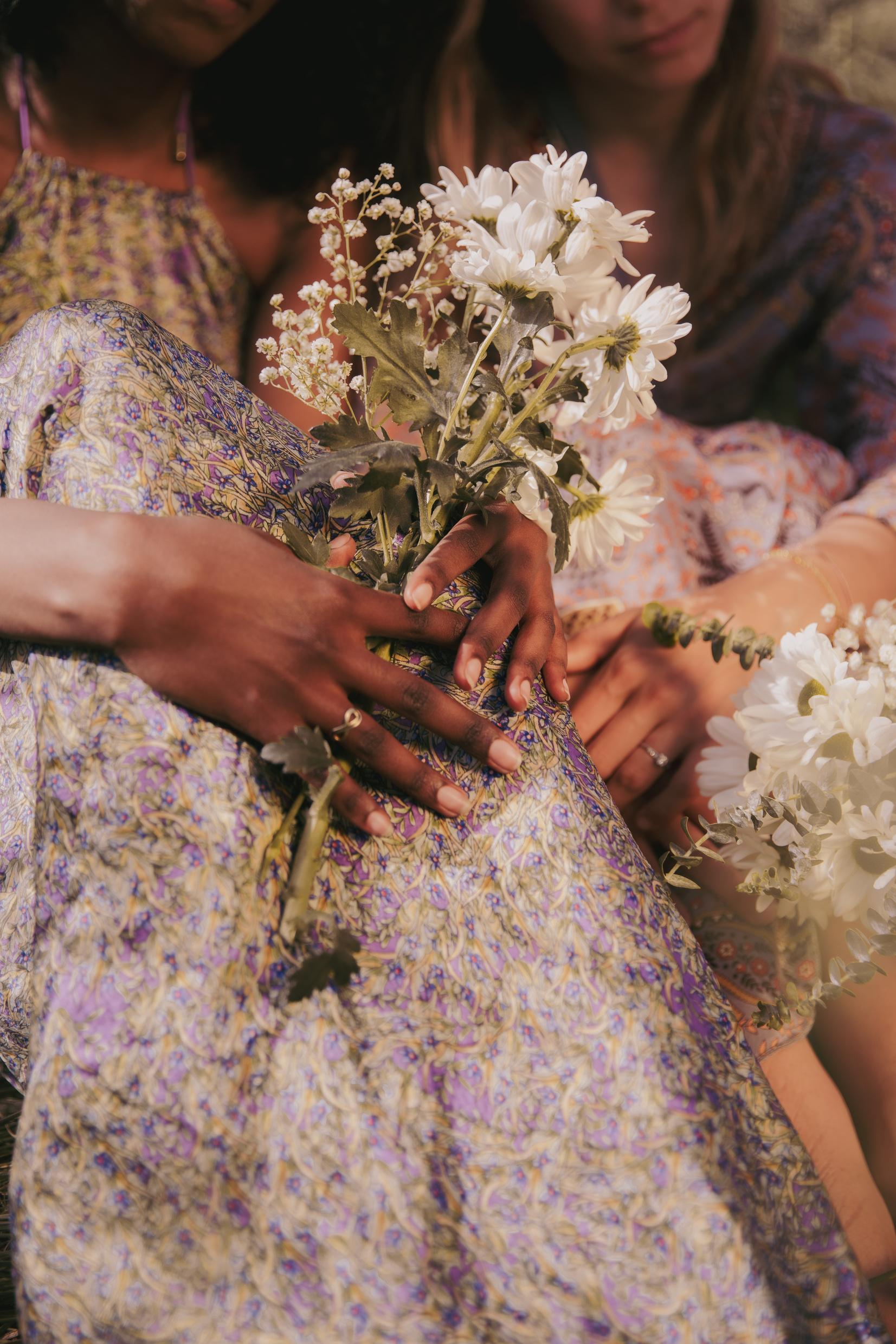
Tight, and tighter, like a lady
Broader, and lacier, like a lady Another layer, like a lady.
The one with the rosettes, and the short heel, like a lady.
Powder everywhere, like a lady.
I can’t breathe, It all hurts, coughing, but I’m a lady.
The chronology of Jamaica's history has been taught to local schools as such:
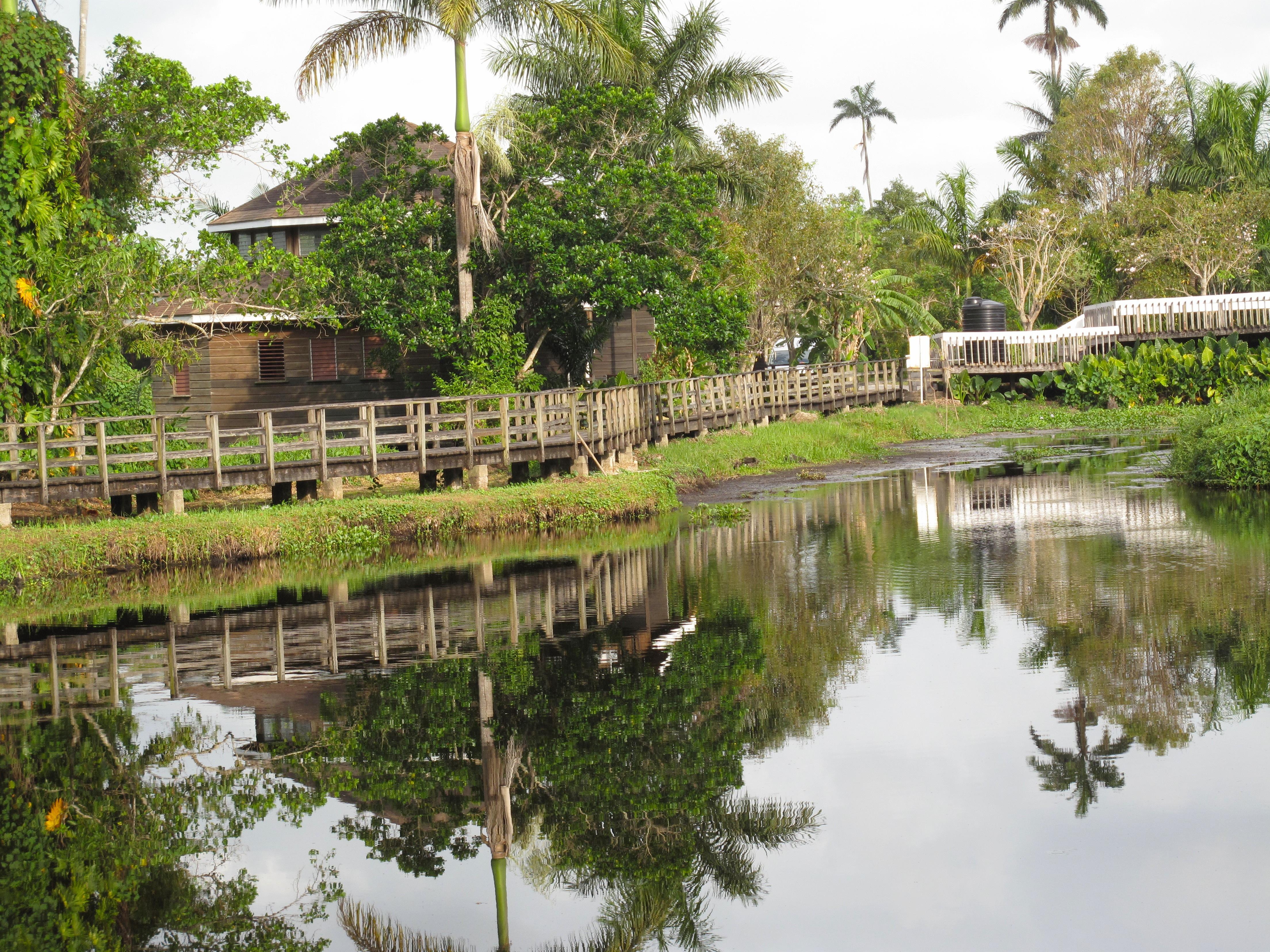
1494 - Christopher Columbus sights Jamaica
1509 - Jamaica is occupied by the Spaniards
1655 - Jamaica is captured by the British
1838 - Slavery is abolished
1884 - A new constitution marks the early resurgence of local autonomy
1962 - Jamaica becomes independent within the British Commonwealth
I could sketch out in great detail Jamaica's historical landscape from the 1400s through the 1800s Yet, there is a dearth of scholarly work on the events that occurred between 1884 and 1962: an imperative time frame for Jamaica’s history as it encompasses those years leading up to Jamaica's Independence For this article, I will refer to this time frame as "historical amnesia."
Many of the events which occurred in these eighty years of Jamaican history are still being researched and analyzed by a majority of websites, history books, and historians. I believe the exclusion of this early nationalist period from Jamaica's historiography has distorted our understanding of what really constitutes Jamaica’s early founding history.
And, it would seem, this was not due to a lack of active work in the field Black politics has always been active in Jamaica even with its gap of history after the Emancipation. Why, then, does Jamaican history still retain such a significant gap?
I have drawn a few conclusions. One hypothesis is that those in power made a concerted effort to destroy any records which would have implicated them (records which, too, contained Jamaica’s history) as colonial rule came to an end in the middle of the twentieth-century. This, of course, has made it considerably more challenging for Caribbean historians to piece together what chronological set of events truly happened as we now have fewer sources to draw from.
Yet, given the fervent period's erasure of Jamaican history and the dispersion of scant evidence, it is not surprising that it’s the voices of women who have been most suppressed in these historical documents.
Throughout Jamaica's historical records, women have left significantly fewer traces than males. To clarify, the majority of what women produced has long since disappeared as men dominated both the written word and public discourse found amongst Jamaica’s earliest histories.
However, with the post-emancipation era came the rise of nationalism, an attuned consciousness, and pan-Africanism. Following the path set out by other similar emancipatory and nationalist movements, it was through women ’ s gender and sex that one could be raised in their social status to become the “backbone” of Jamaica’s nationalist movement
But, even here, women ' s roles were largely ignored unless they were attached to men in some way: economically, socially, and so forth. In these colonial histories, Jamaican women were not treated as if acting from positions of power but only as if they had been played supporting roles lesser, ignored, and quieted voices.
The emergence of Jamaica's nationalism gave rise to many Pan-Africanist movements in the Caribbean. The first branch of the PAA was formed by Dr. Robert Love: a Bahamian living in Jamaica who formed The People's Convention in 1895. The newspaper aligned with the conventions activities and members, The Advocate, was also founded by Trinidadian Henry Sylvester Williams at the turn of the century as they expressed views similar to Love’s on a range of topics and issue, from black consciousness to women ' s Emancipation. Here is where Jamaica’s journey toward first-wave feminism begins.
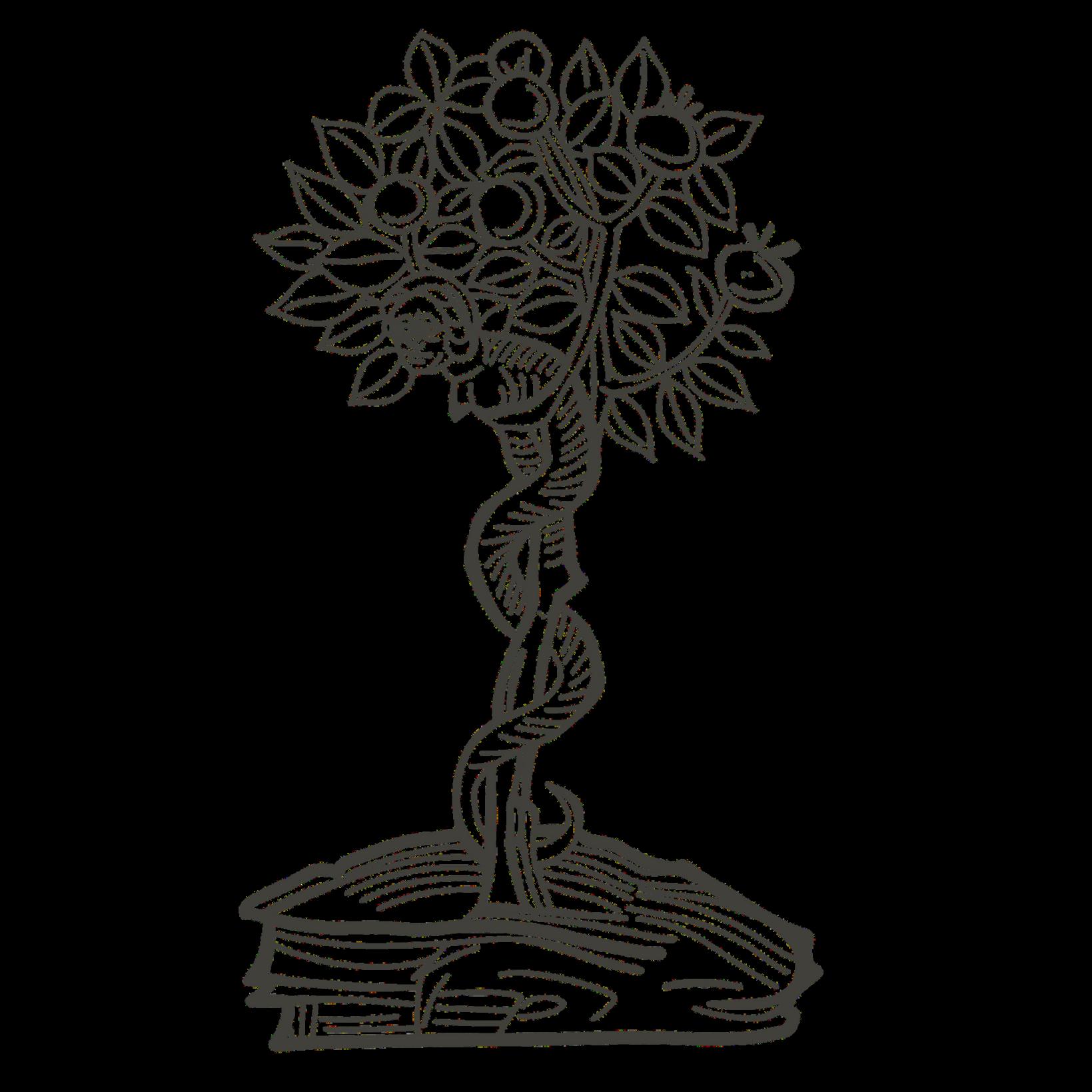
The roots of a distinct Caribbean feminism can be traced to the late-nineteenth and early twentieth-centuries This period saw the rise of middle-class Caribbean women writers, activists, and proto-feminists This involvement in early first-wave feminist movements opened up a new space for Caribbean women, a space of central importance to Jamaica as it began to see a change from 'private' to 'public' patriarchy
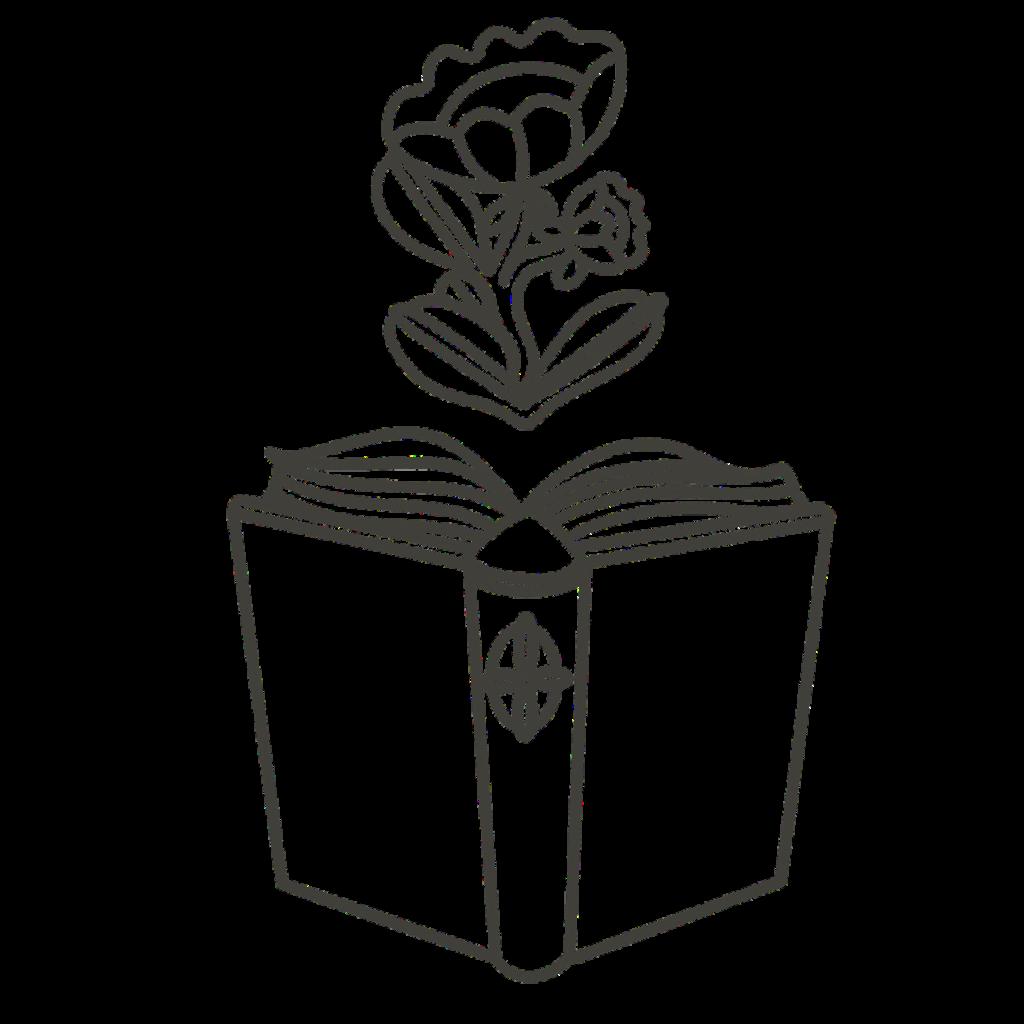
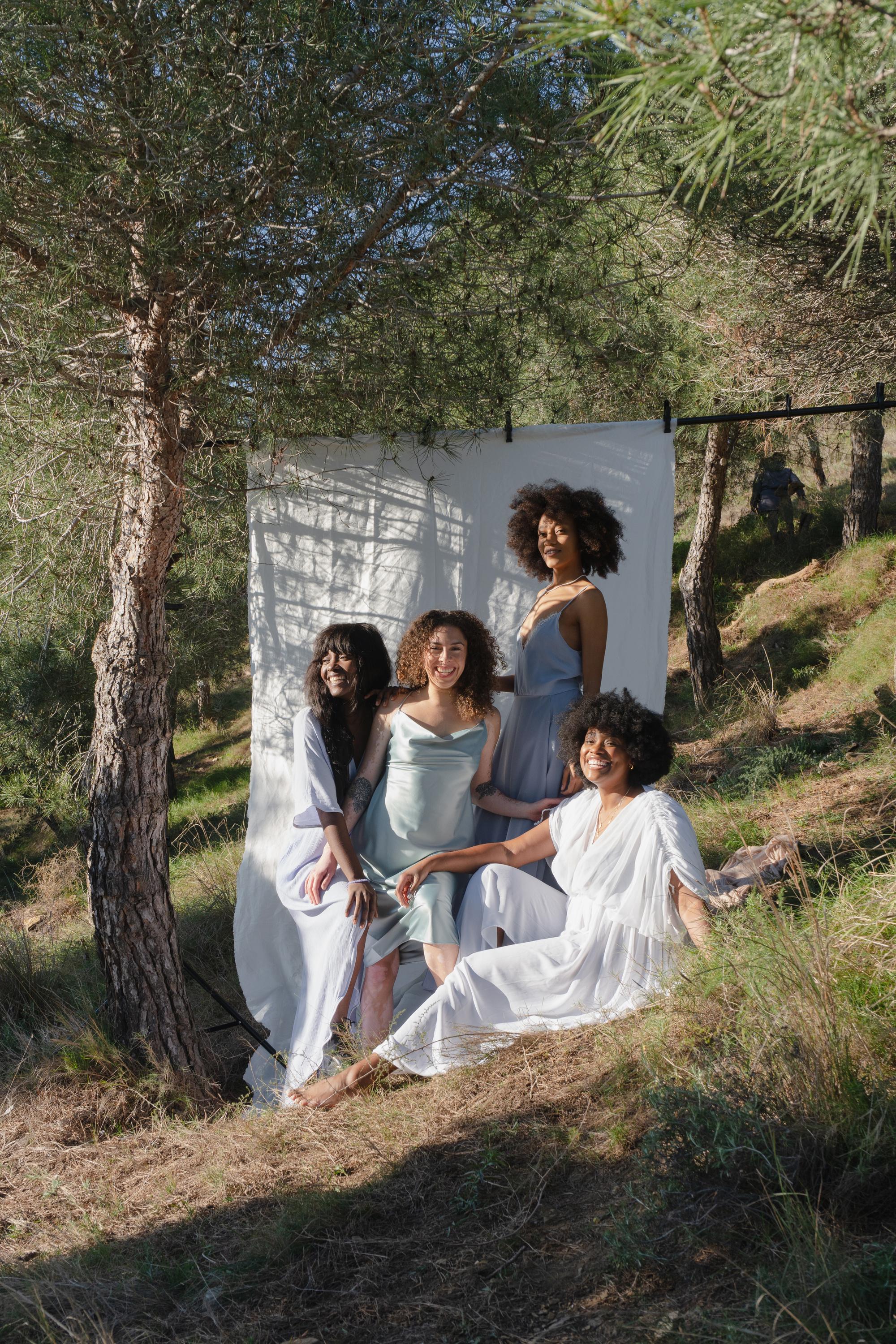
Robert Love's publications launched several campaigns to promote Jamaican feminist ideology which was equally expressed in various women ' s literatures Moreover, his political party insisted on providing women with a public forum as they sought significant improvements for Jamaican women ’ s lives—to the point at which Love and others insisted on hiring women to speak for themselves
With that information, we are brought to the first secretary of the Kingston PAA, Catherine H McKenzie, as being wholly acknowledged as one of the first and most significant feminists in Jamaica’s early national history
Catherine Hart McKenzie was one of a small group of Afro-Caribbean women who, during the first half of the twentiethcentury, championed the rights of women within the context of Pan-Africanism. Married to a United Fruit Company worker, James Alexander, McKenzie and other women would later benefit from the United Fruit Company’s willingness to serve as the launching pad for Marcus Garvey's and his career (a labour organizer in the Canal Zone).
Catherine's early life is relatively unknown, but we do know that she attended Shortwood College in Kingston, Jamaica, and had two young boys who eventually attended Tuskegee. Despite her vital contributions to Jamaica’s early feminist history, her spouse is the only one who appears in any recorded photos of their family her own likeness void. When scrolling through her records and documents, she is often referred to as Mrs. James McKenzie rather than Catherine (her husband’s name supplanting her own). Unfortunately, Catherine McKenzie died in a fire resulting from a hurricane in 1903.
And yet, while she lived, she greatly impacted Jamaica's nationalist movement. Operating in feminist spaces, she often spoke about her race but also expressed strong concerns about issues of sex and gender.
She, along with important women like Una Marson and Amy Garvey, lobbied both within and outside the ruling party for legislation such as equal pay for equal work, repeal of archaic bastardy laws, new child maintenance legislation, and maternity leave. As she paved the way for resistance movements, she also embodied the intersectional dimension of gender and race within a spectrum of class struggles
As an example, she often spoke about the culture of the Free Villages (in 1902) and claimed the defence of its lands for a majority of women Through these movements, she spoke openly for sufferers' and rural women who could not as a way of elaborating on the helpful culture of the Free Villages
Despite the lack of photographic evidence we have for Catherine McKenzie, it is in her numerous speeches and presentations that we find her presence most apparent— particularly, as she makes her demands for women ' s equality and human rights:
"Everywhere in the world, and all along the course of the world's history, a state of things has existed in which the rights accorded to women have left much to be desired. Just why woman has been denied all the rights which are accorded to man is one of the unexplained relations of life.
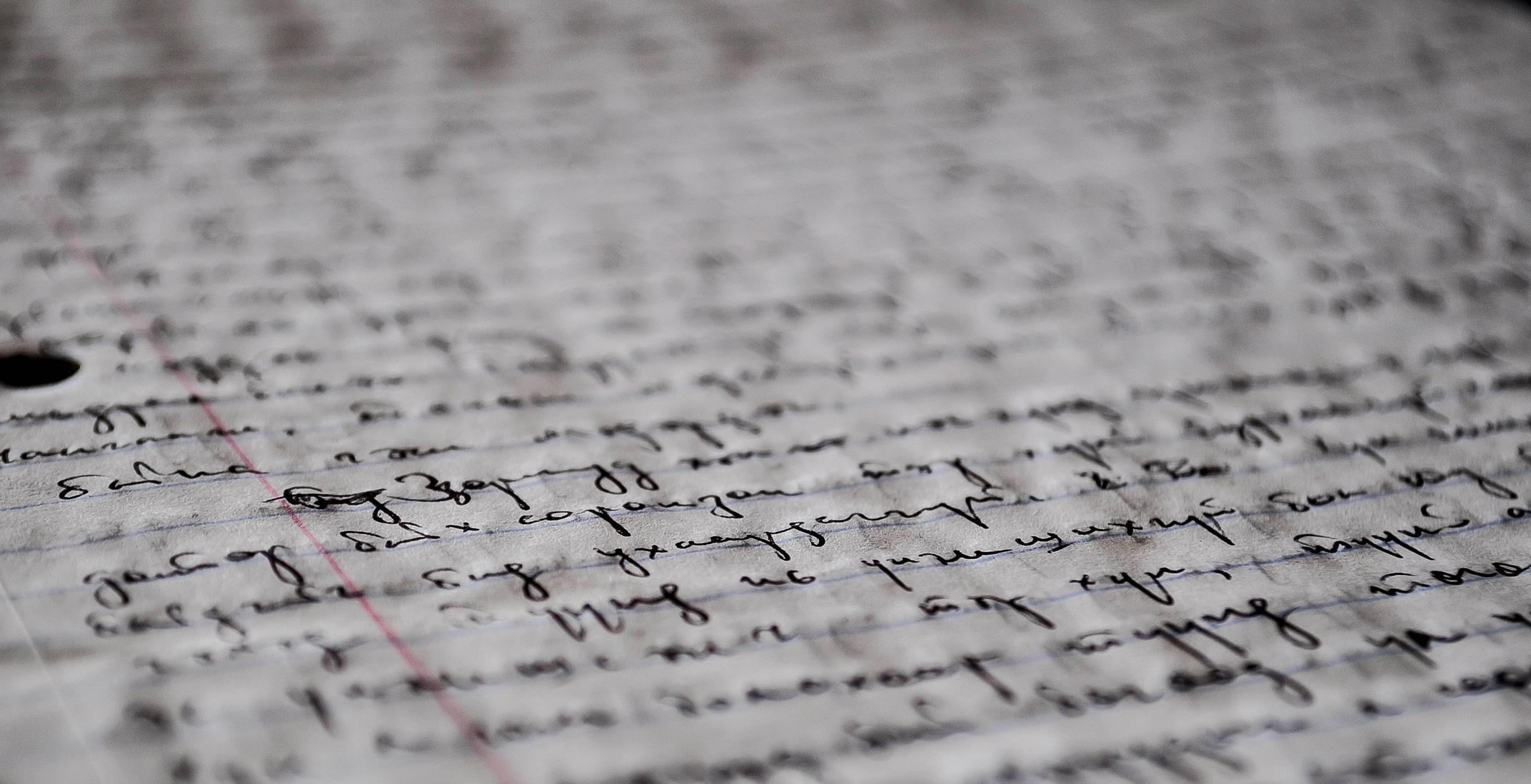
Except it be that it is man alone who has made the laws denying her such rights. First- and second-wave feminism in Jamaica were undermined by the patriarchal nature of nationalism and the imperial nature of the feminism adopted these dominant narratives, also silencing the contributions of women and feminism to early Jamaican nationalism and literature, thus contributing to the perception that feminism was alien and at odds with Jamaican nationalism."
McKenzie speaks strongly about the lack of intersectionality within the Jamaican nationalist movement This earlier movement excluded the diverse and unequal experiences of black women and, so, she believed it was necessary to reevaluate what nationalism meant to a nation where women were actively being erased in voice and body Instead, she called for a nationalism that was intersectional and one that could expand their understanding of freedom beyond the realm of race and class to now include gender In Linette Vassel's 1993 book, Voices of Women in Jamaica: 1898-1939, she highlights many of McKenzie's other opinions on the topic of feminism:
"She [a woman] must provide for her household, train and educate her children, and respond to the calls of duty in every direction. She must bear and discharge a citizen's responsibility to the State. She must pay her taxes, and the heavy ‘surcharges’ on the tax bills…. She is regarded as (and she really is) a distinct individual, an accountable entity.
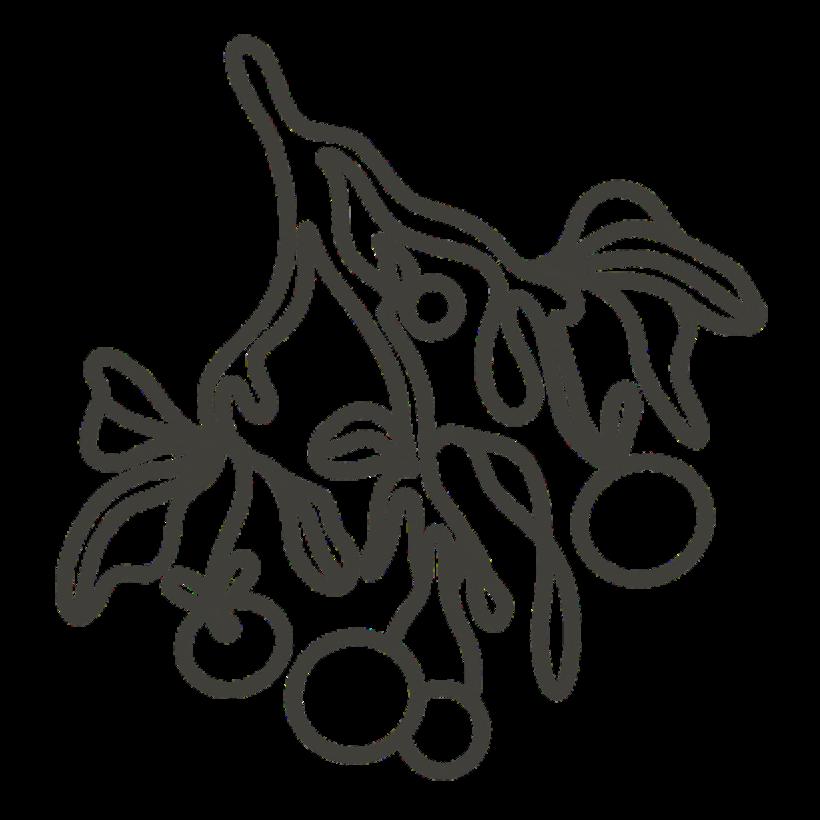
What is expected of man is expected of her, with her, it is either all this, or moral and social ruin…On what principle of justice, then, is she called upon to obey laws which she has no part in making, and to which she has never given her consent, either in person, or by her chosen representatives? Is it not clear that the denial to her of the social and political rights accorded to man, under the same circumstances, is a flagrant denial of the principle that ‘taxation without representation is tyranny’ and that ‘governments derive their just powers from the consent of the governed.’”
Unfortunately, this was an argument to which there was no immediate answer.
Here, McKenzie speaks to the way that women and young girls frequently have to limit their responsibilities to those patriarchal roles of mother, wife, and caregiver In the Carribean, these gender norms placed identifying females in caretaking responsibilities which, in turn, caused an even greater gender inequity within the division of family roles Women and girls then were forced to devote a significant portion of their day performing their allotted domestic and reproductive duties and fulfilling such patriarchal and limiting expectations Still, over a hundred years later, women would bear the disproportionate responsibility for unpaid service and caretaking work
McKenzie's impact is still seen today Scholar Rhoda Reddock has identified her as a "first-wave" feminist woman with liberal supporters McKenzie paved the way for many feminists (Jamaican, Caribbean, and the likes) even years after her death, such as Amy Garvey and Una Marson In fact, Catherine McKenzie would make such an impact on her society, home, and Jamaican life that Pan-African activist Amy Ashwood read one of her poems at Robert Love's funeral years later
It’s recognizable that only a few years after McKenzie’s death, in 1919, women secured the right to vote which officially recognized them as active citizens with the right and freedom to participate in the political arena. Even though this new right to enfranchisement was subject to property and income requirements (a sociopolitical battle still to be fought), by 1917 there was a newfound branch of the Women's Citizen's League. Jamaica was granted full adult suffrage on November 20, 1944, allowing women, once and for all, to stand with men in Jamaican Parliament.
Catherine McKenzie established a lengthy legacy of sociopolitical activity and, while this period is often forgotten in Jamaica’s collective history and still underdeveloped in much of its academic research, I believe this period of time indicates a subtle yet significant shift in Anglophone Caribbean feminist, literary, and nationalist historiography.
McKenzie contributed to an important paradigm shift in the Caribbean but, also, did so in a way that allowed her contemporaries the opportunity to expand one ' s definition of Jamaican nationalism and encompassing literature It is Catherine McKenzie’s life work which enriched feminist history and, without here, the Anglophonic Caribbean would not be where it is now
BIO: BROMFIELD IS A QUEER, FEMINIST WRITER FROM JAMAICA THEY ARE INTERESTED IN ISSUES OF LITERARY HISTORY, PARTICULARLY GIVING VOICES TO WOMEN WHO HAVE LED THE HISTORICAL PATH FOR FEMINIST MOVEMENTS THROUGHOUT THE WORLD AND GONE VIRTUALLY 'UHEARD'

Context: Catherine Parr was the last wife of Henry VIII who “survived” after his death in 1547. She went on to marry Thomas Seymour some short months after Henry’s death and fell pregnant (surprisingly) quickly She contracted what they called “childbed fever” due to unsanitary conditions and died days after the birth of her child, Mary, on September 5, 1548. Catherine was deeply religious, and it is reported she had doubts about the doctor who attended the birth, and his methods. She writes to someone who experienced a similar trauma during birth, with complications that almost killed her. Even though she lived, she still suffers from what Catherine would call “melancholy”
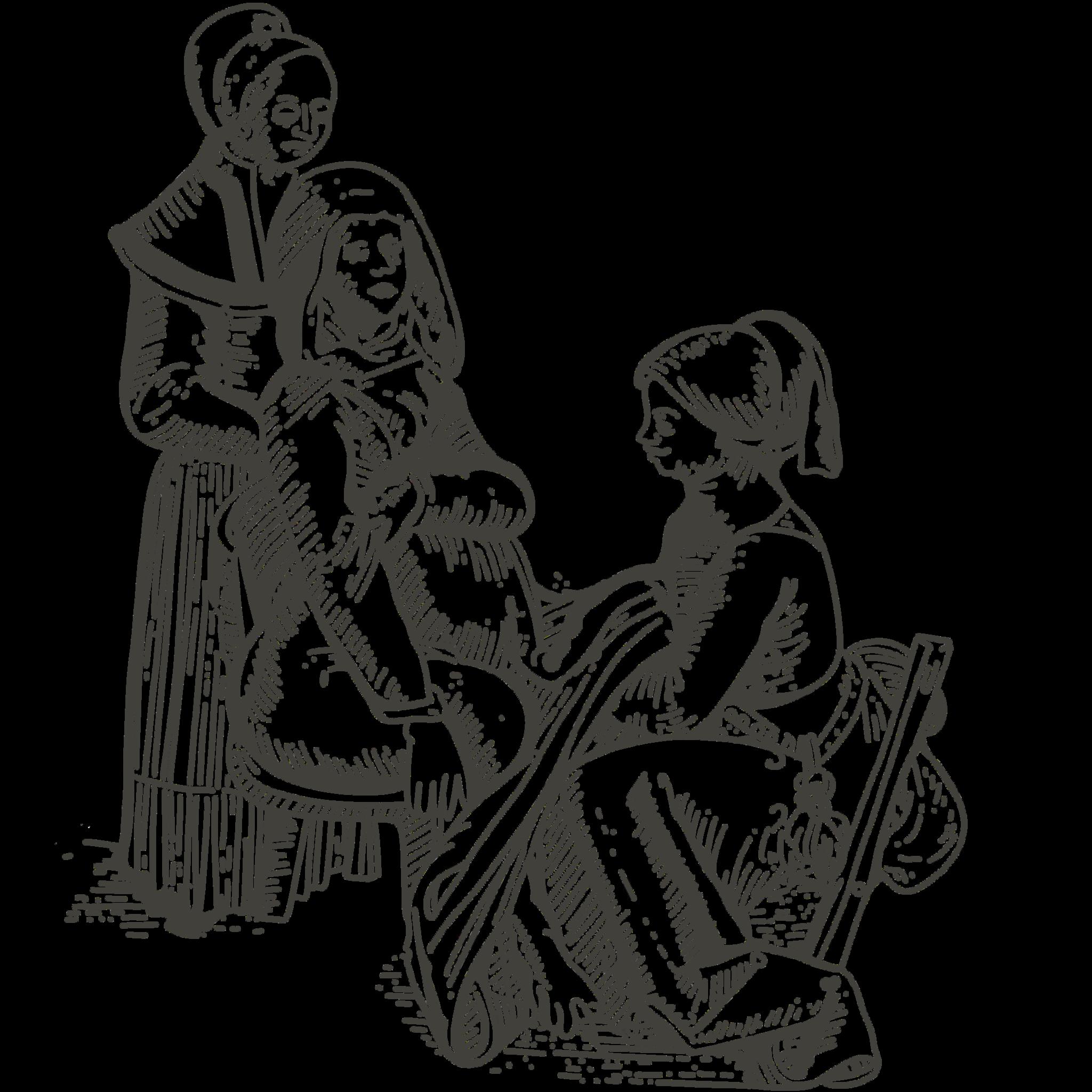
Let not, dear Reader, dear Friend, my story fill thee with a kind of unholy terror. Truly, my life ended in a sad and unpleasant way, just days after the birth of my beloved daughter, my one and only daughter, Mary. O Lord Jesu, let her name be blessed in your home. When mine third husband, King Henry VIII perished without having arrested me for heresy, I truly believed in that time that my prayers were answered, my life spared, and joy would be mine Having pled my troth to my lord Thomas Seymour, for so many years we were parted, indeed, it seemed that my sorrows must be over. Such weepings and uncertainty there were in mine life as the Queen. My only pleasure was in my studies of the most Holy Bible, led by my dear friend Anne. How tragic her loss was, and how we mourned for her, though we knew she was with her Lord and Saviour at the end. I found much comfort in knowing her sufferings were over and the greatest reward was hers. My own dearest daughter Elizabeth was also a true comfort in these times for me, how I rest easy knowing that her succession is assured, after her brother Edward, should needs be. How I should have loved to have seen her reign over them all, and praise God that Henry passed The Third Succession Act to protect this right.
Mine eyes have seen great sorrow and suffering, but I purpose to stand strongly in my dealings all my days, and I urge thee, friend, to do the same. I recall the joy of seeing my daughter’s face, but enjoy it I could not, as fear gripped me in my final days. I sickened quickly after her birth, surely because of that doctor’s poor sense. I had indeed seen such things before, as my cousin Jane had sickened in just such a way, only a few years prior, at the birth of mine own King Edward. How much fear, how much pain Jane and I felt, similar to thine own experience, I am sure. I am no doctor, in truth, but my mind was sore unquiet as soon as I was delivered of the babe. Though you did not suffer of fever, dear friend, you similarly did not experience the joy of peace in mind on seeing your baby daughter. After waiting so long for a child, it was true agony not to be restful in love with her, as you know well. No, we who suffered this pain, know the agony, as we did not even feed our babes at birth I reach out to you from the past to give you as such comfort as I can. Indeed, my pain ended in death, only days after my dear child’s birth, and you, you lived! In truth I am beset by the sin of jealousy for you, who with the benefit of such medicine that I had not, that you lived, whilst I did not. Wherefore do you still bemoan, my child, and are uneasy in your mind? I mean this in great kindness, in all charity and humility, and yearn to be of succour to your inner wounds.
Our Father, Jesus Christ, spared your life, wherein you have prospered, loved and beloved by your child, and had more besides! You have seen that child grow now to her tenth year, and yet you think back to that moment of her birth in fear and disquiet? In these moments, I urge you to pray to our Lord Jesu, to grant thee peace and grace, for without Him there is nothing good on earth. Would that I could sit with thee and help you through this doubt and trouble in your mind, as my friend Anne did sit with me many times after my second husband’s death, God rest his soul. She showed me that through God there is nothing to fear, and that we might always find beauty in our lives, but that we must look harder betimes. When a little trouble cometh, I lay my weakness at His feet and ask for grace to gladly suffer whatsoever He wilt let fall upon me. Child, I would show you my love, from beyond the depths of time, that in your weakest moments, find gladness in a time of trouble. Endeavor not to weep for the pain of the past, do not weep for my past, for I am safe in my Father’s arms, with my child at my side. Though I too mourn what might have been, thou wilt find thy way, find thy comfort, in the beauty to be found in our Lord’s creation. In truth I know not if thou art a believer like me, but perhaps there can be other practices to try. One small step towards happiness every day leads you closer to the path of love and light. Be at peace child, as I am now.
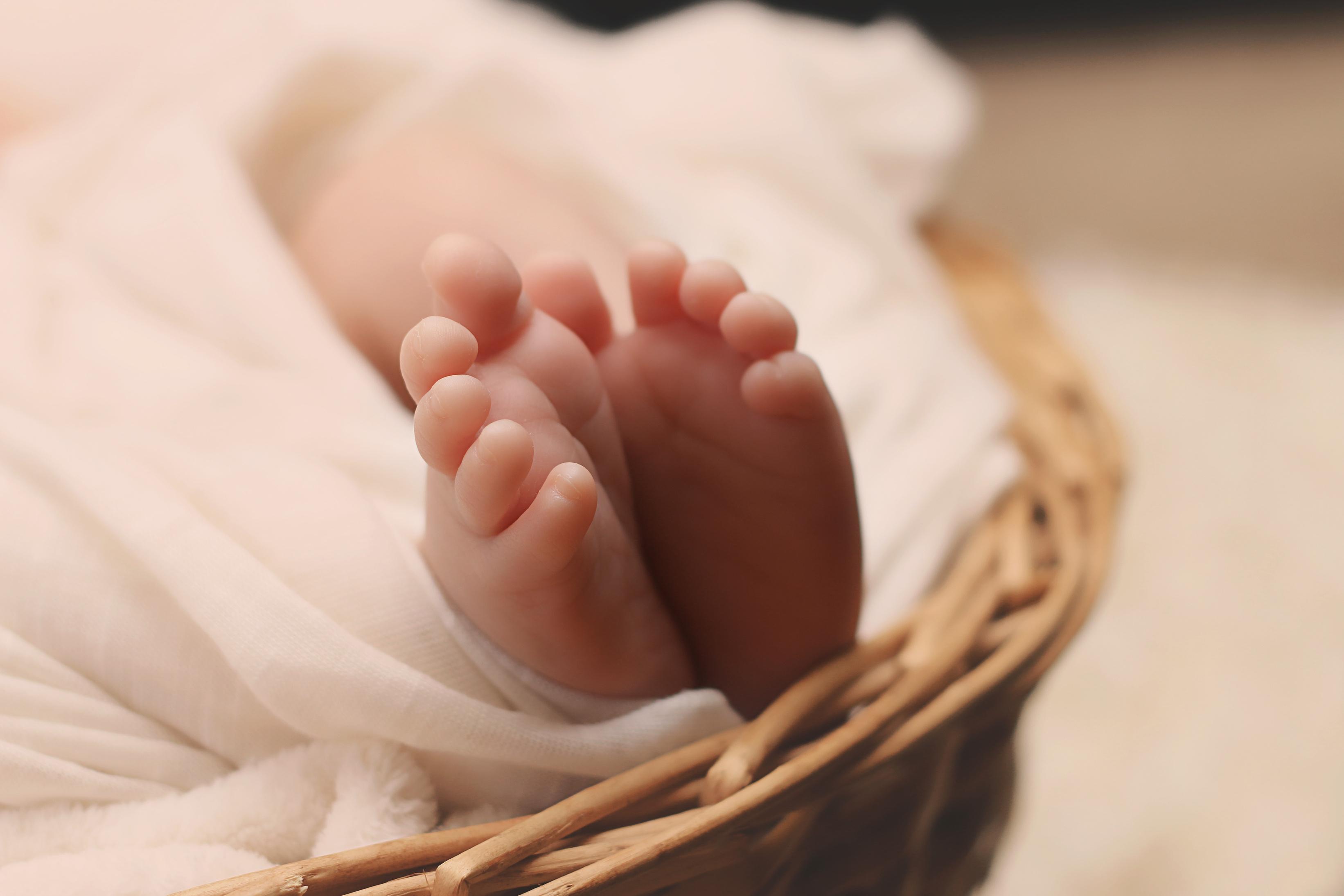 Catherine Parr
Catherine Parr
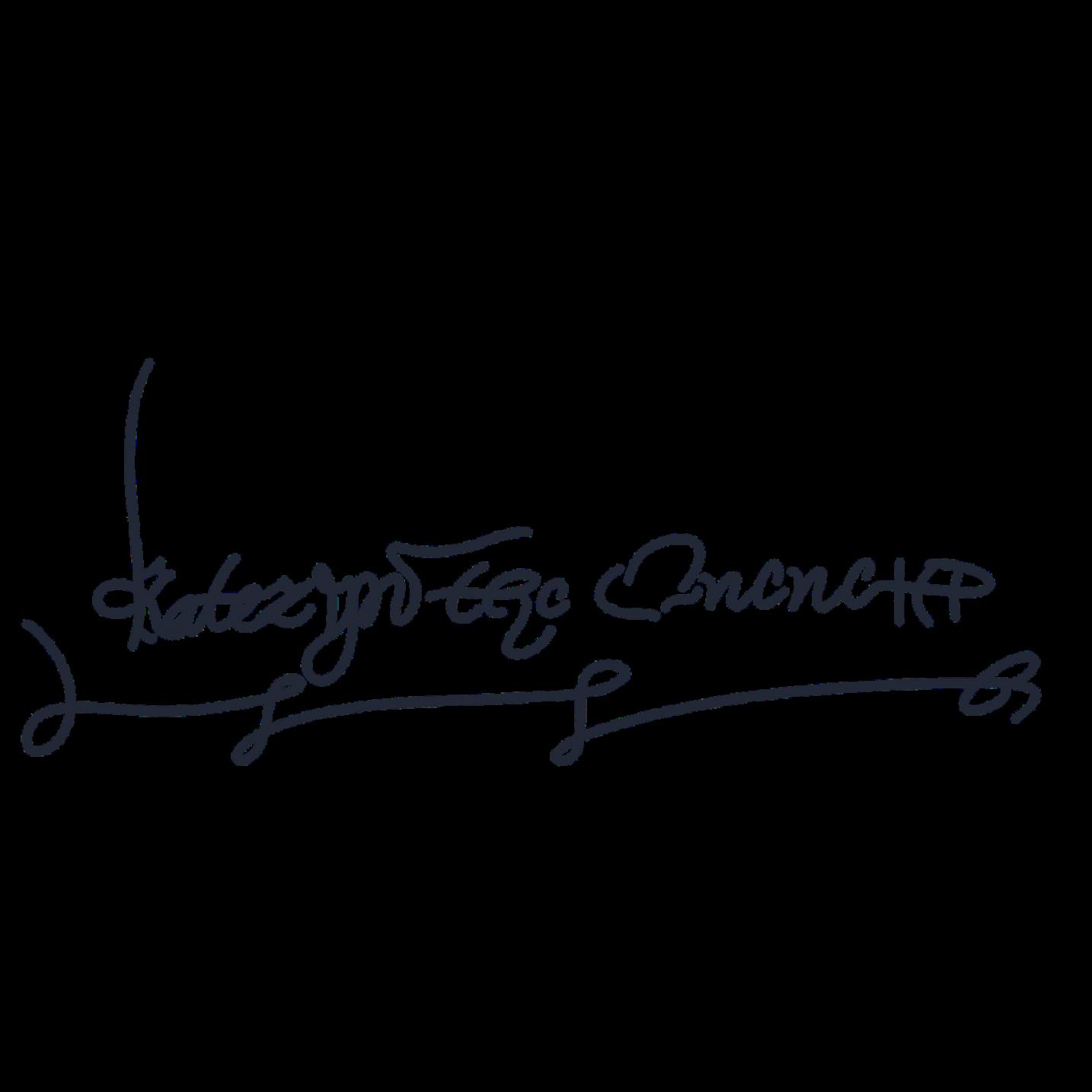
*Alice Thornton’s firstborn child, a daughter, died nine hours after her birth on August 27, 1652. She believed the baby’s death was related to a steep walk she took eight weeks before the birth She “longed more and more for a son” as time went on, believing she was stronger and livelier when with her sons than with her daughters This epistle reveals a flashforward to her later troubles with childbirth. It is an inversion of the tradition of legacy writing in which her daughter tries instead to provide counsel for future happenings that might befall her mother, while reflecting her mother’s religious beliefs It is unsigned because she is unnamed
27
Having lain within that nightnessness you call god, your heart strobing through the screen memory of your skin, all I knew of you was one room with a single vase on the table
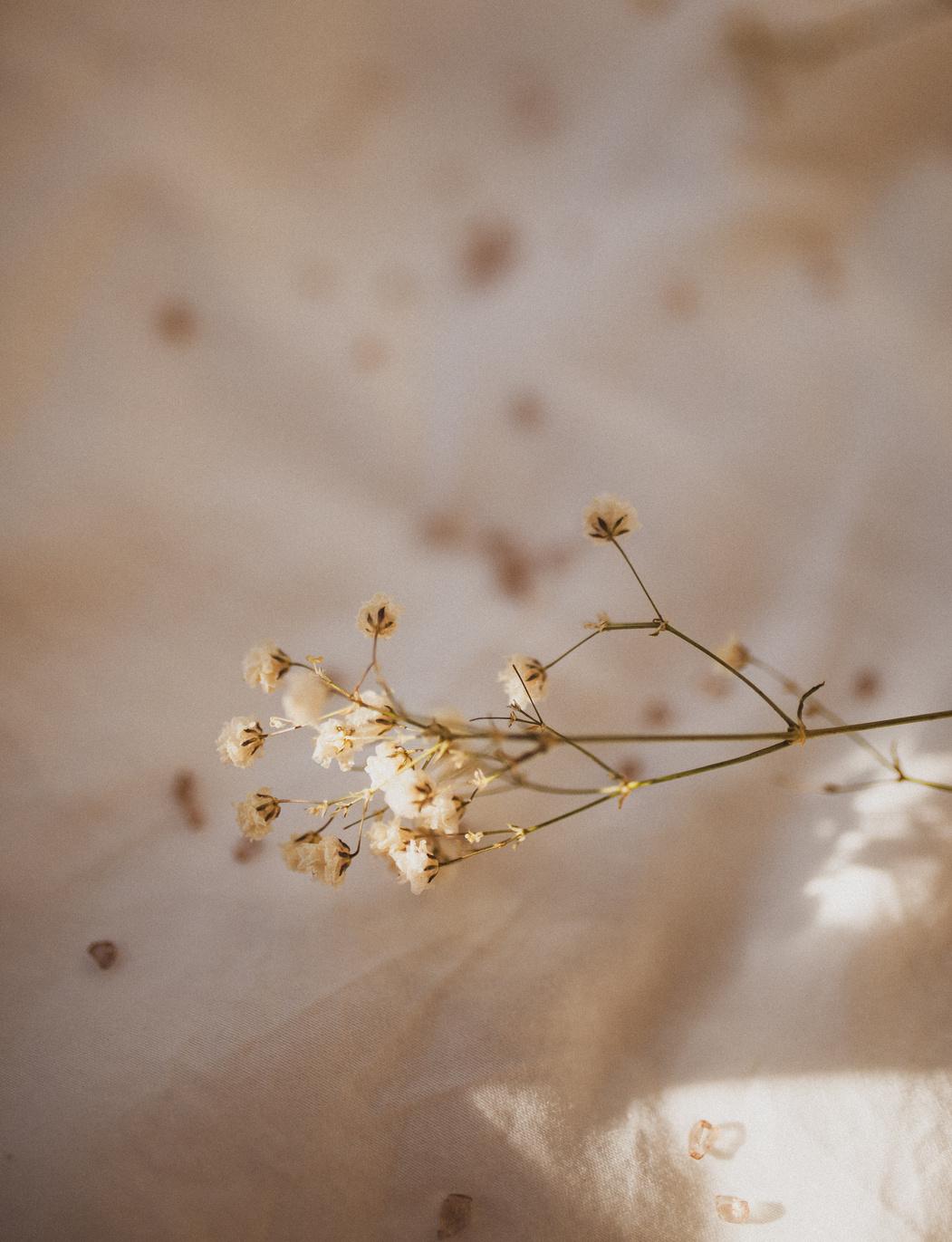
o tell me: how long will I be nothing, & still wanting? Your milk, pooling under your arms. In the absence of a mouth, I’ve learned desire
means it is possible to be nothing, & still feel. Dear mother, dear other, dear endling: I write because the only breach between us might’ve been that prayer to be perfect in our suffering. I write because you asked for a son in your sleep and blood appeared in my mouth. I write because someone in that room with the flower and the vase said go and you heard ague I write because this letter is the last place it is safe to admit you were unsafe for me I write to say I forgive you for refusing to touch me when I emerged from your fragile body nearly blue. I write to say I understand it’s easier to love a man who in his absence is still
present as the trees and the birds and the blood in your milk and the gangrene that has yet to eat away at your nipple. I write because you have fallen from that steep walk, but you have not yet dreamt small drops of blood smattered over the sheets that displa not yet another organ playing its grief note as your body stands to bear the unbearable landscape of lost children I write because I couldn’t say it took all I had not to feel the failure of my breath as a failure of my gender to pray. I write because there was a second in the sweat and stink of that birt chair that you allowed yourself to listen as the cord might’ve been translated to a de sentence the harder you pushed, & your sin was also your power Inside you, that I, like a soul longing a body, hung from that throughline. I write to say I’m not mad: that membrane that held us apart is col as memory when lonely is what we call a thing that is everywhere, & invisible. I write to say you are as close as the silence you invented in my cry I write to say I am that thin blade of thunde in the distance, before the nothingness that rain will bring. I write to say it is easier to be nothing after realizing how fast a short life can flee. I write to say let it count that I leapt from you with both feet, by which I mean: a mother might be the only kingdom one might leap from and still be saved Believe me
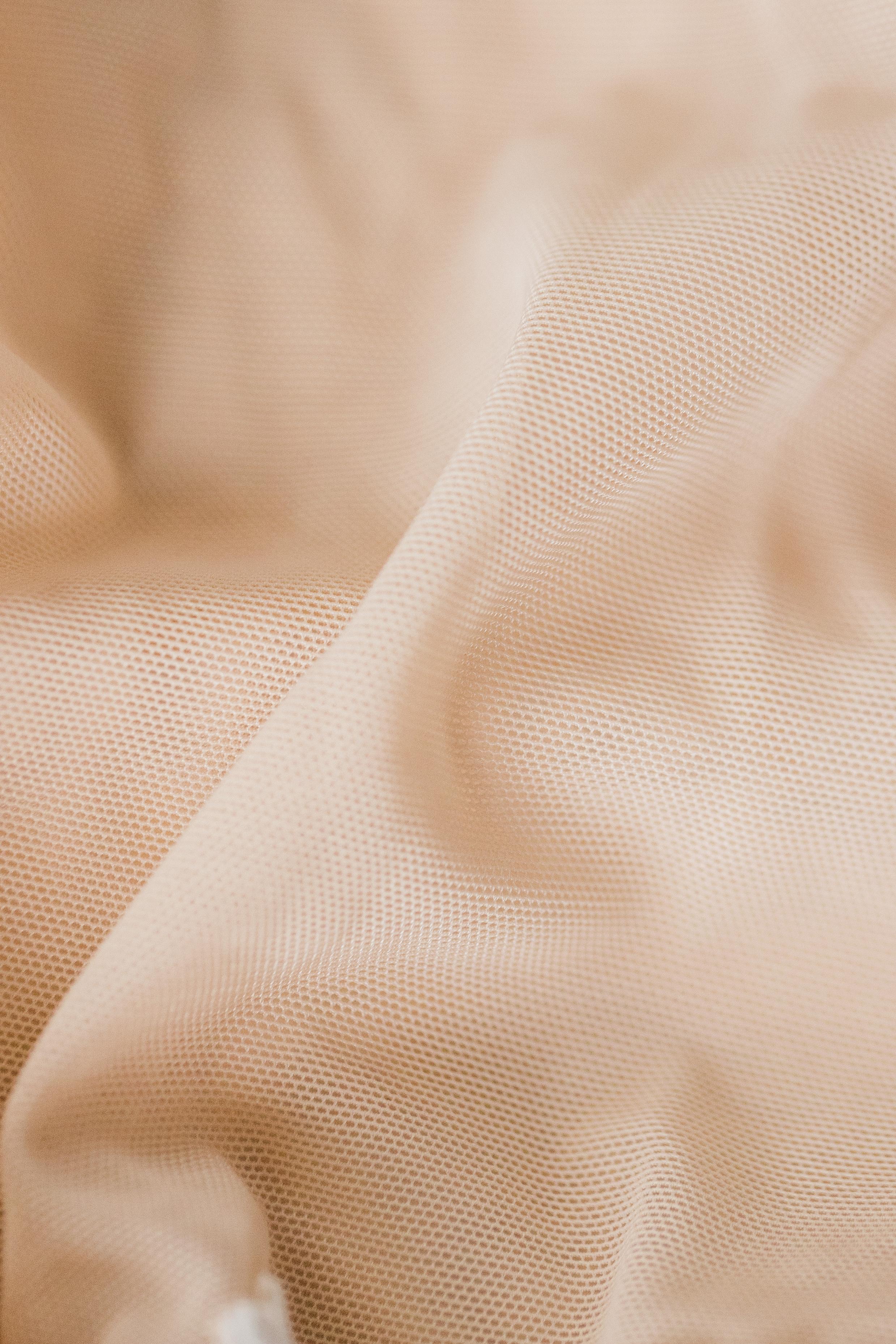
Context: Elizabeth Burnet (1661- 1709) wrote in many genres in her lifetime, including journals, letters, spiritual, religious, and political critiques Known as a leading intellectual of her time, Burnet published a book of meditations while her broad interest in philosophy became representative of how women could thrive, participate and veraciously engage with their world as intellectual selves. Her works are available in the Bodleian and British Libraries. Her husband, Gilbert Burnet, has referred to her as “one of the most extraordinary persons that has lived in this age” (Orlando, 24 March 2023, https://orlando-cambridgeorg.login.ezproxy.library.ualberta. ca/profiles/burnel).
To the “philosophers” who will write woman as an “adjective” and not as a “noun,”
Every human tale is a letter. It all ended after someone mailed a thank you note saying that my address has been listed in the case of absent people. I was not disheartened at all. Was I present when I was alive? The dead letter office is now sitting somewhere like a shaggy goat. That’s what summer does. Isn’t it? My long absence.
Take what you have while you have it: you’ll lose it soon enough.
A single summer turns a kid into a shaggy goat. [1]
Now that there is none, I can justify my intellectual choices, I thought of writing a footnote, so that you know I read and read actively. I never stopped writing even when the harshest of catastrophes hit me. I wrote A Method of Devotion during my widowhood from 1694-1700 when my first husband Robert Berkeley died. It may sometimes be the case that the darkest moments in our life inflict a benumbing sense, of not feeling anymore the way we are accustomed to feeling. I have experienced many deaths and I am writing out of the experience of having endured my own. Whenever life has thrown me in suspension and pitted me against my thoughts, I have searched for a word, yes, you read it right one word. As a philosopher first and a woman only in the adjective, I searched for one word, one concept that will hold me, comfort me, speak to me, and write on behalf of me. It is not easy and like this correspondence which will never reach anyone, I am still writing it, feeling every word, without thinking of what value it is that I am writing. The “ way of ideas” [2] is through us, we are the tabula rasa [3] of ourselves.
[1] This is an anonymous Greek epigram This epigram appears in Pure Pagan: Seven Centuries of Greek Poems and Fragments, selected and translated by Burton Raffel, pp 21
[2] See Edward Stillingfleet, "The Objections against the Trinity in Point of Reason answer’d," in A Discourse in Vindication of the Doctrine of the Trinity (London: J H for Henry Mortlock, 1697), chapter 10, pp 230–92
[3] “Locke holds that the mind is a tabula rasa or blank sheet until experience in the form of sensation and reflection provide the basic materials simple ideas out of which most of our more complex knowledge is constructed”: Stanford Encyclopedia of Philosophy (https://plato.stanford.edu/entries/locke/#:~:text= Locke%20holds%20that%20the%20mind,more%20complex%20knowledge%20is%20constructed).
If you must believe in Trinity, or the existence of God, or the immateriality or immortality of the soul, search within. The new way of reasoning that has so occluded my days has now either become substance for reason or of faith. You can choose one or both. Whatever you choose, think. Even if you don’t manage to write anything, at least you will be the thinker of your life. When people call me “ woman philosopher,” I walk past, and then from a distance smile slyly. Did you hear me thinking now? There is dignity in walking past names and tags.
In writing, thinking, and philosophizing, the dignity of the self is a step closer to God. In the altercation between Stillingfleet and Locke, I was less concerned about whose argument is better (and perhaps that is for future generations to decide), but I was taken aback by the vilification that ensued. In the middle of the controversy, even innocuous words on paper look like the horns of a bull. I was a friend to both, and their altercation made me realize that self-conduct and spirituality are better than the quest to prove who is right. My first reaction was that of anger, but as a woman, I know the importance of self-conduct. Locke was annoyed with my intervention, but I took the blame on myself. I don’t know if I was ‘just’ to myself, but at least I was charitable toward others. What good are our philosophical skills if we can’t show generosity and disinterestedness to our opponents? I feel the irresistible urge to send the letter, as a message to the living You need a certain distance from the world to write and think Sometimes, my life runs backward, and my mind is flooded with Greek epigrams I read as a child:
writ so before you, Elizabeth Burnet’s epitaph: epigramma. [5]
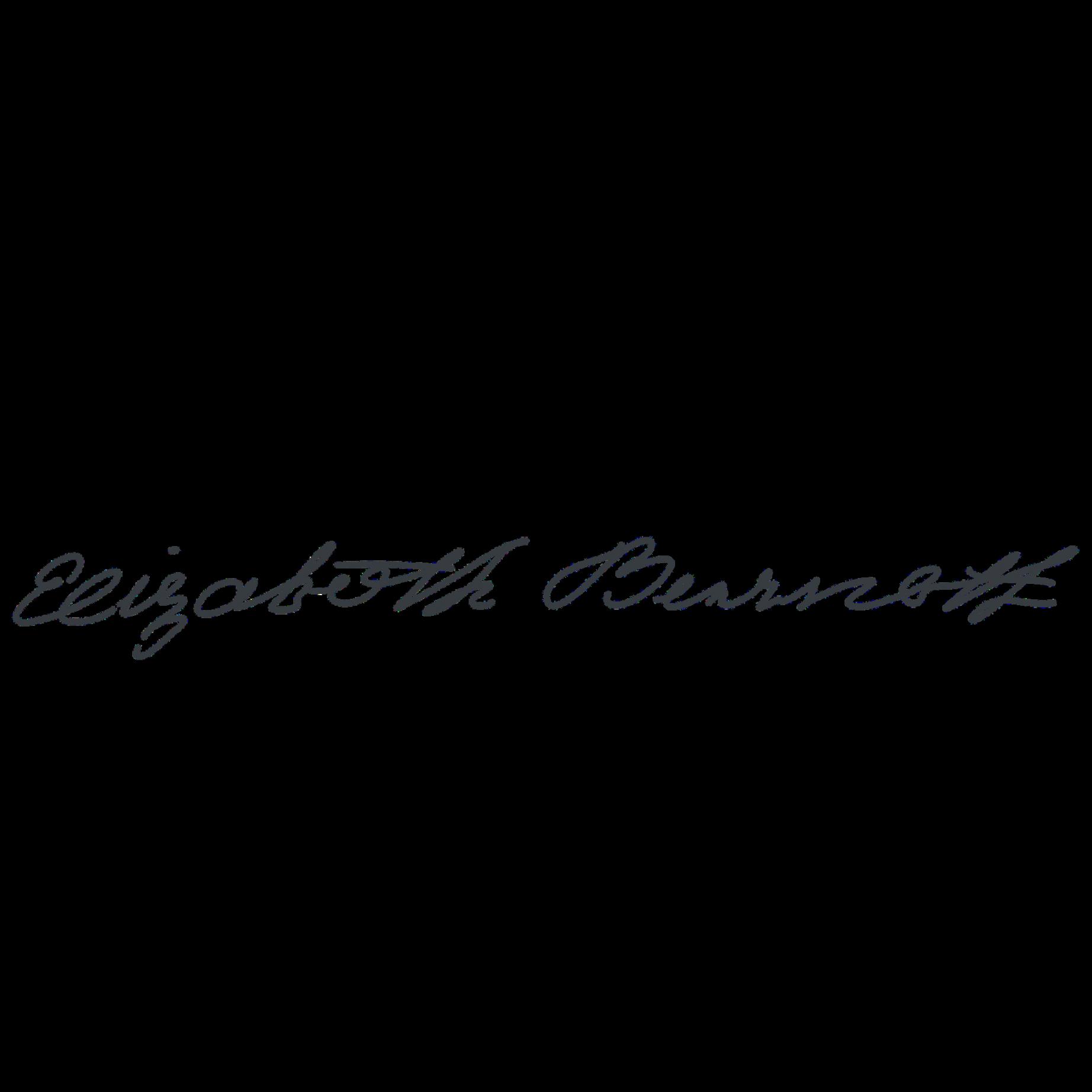
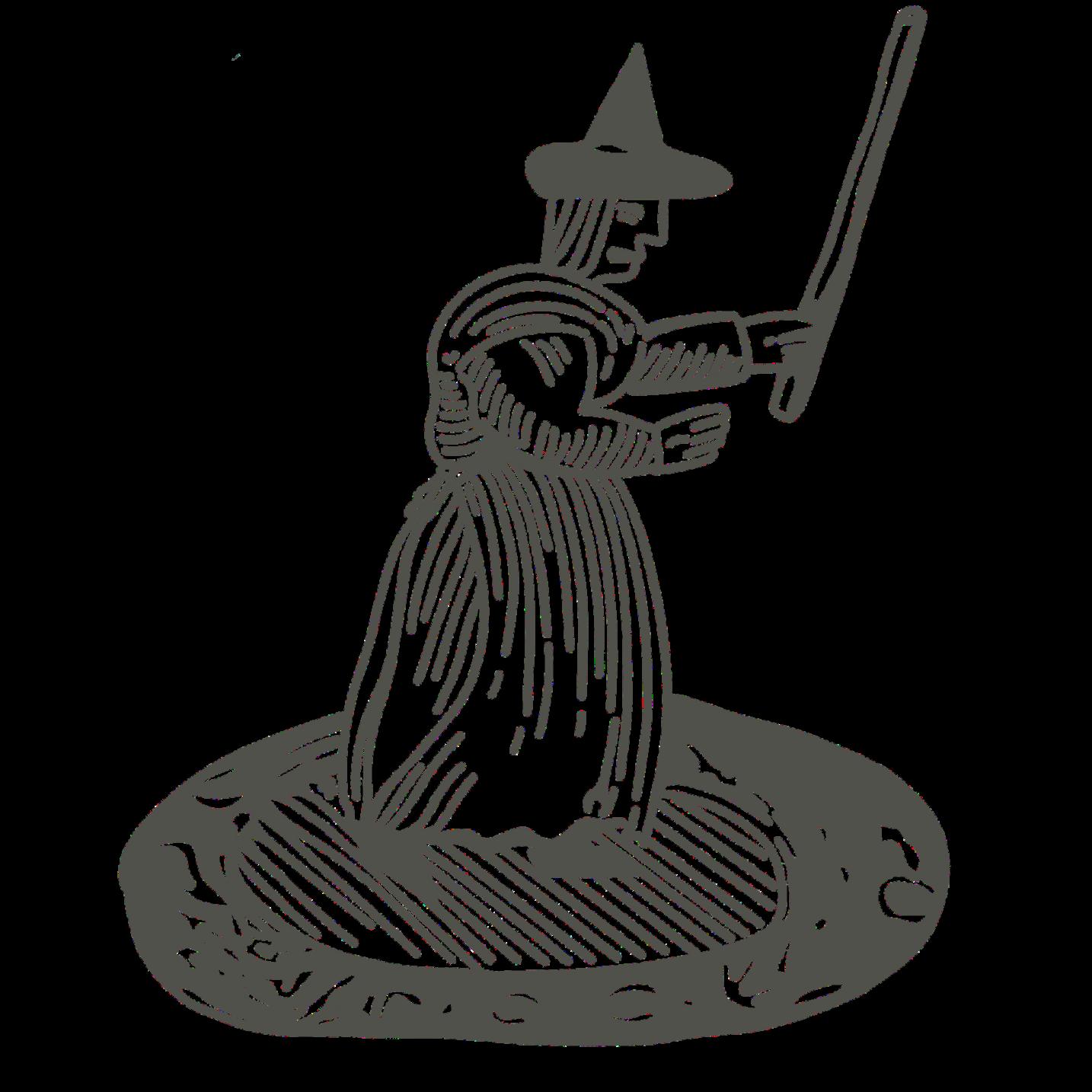
MESSAGE TO THE LIVING
I’m dead, but waiting for you, and you’ll wait for someone The darkness waits for everyone, it makes no distinctions. [4]
Context: Two-Spirit refers to someone who identifies with both a masculine and feminine form of spirit, often used by Indigenous people as a way to describe their sexuality, gender, and/or spiritual identity Notably, Two-Spiritedness can also vary nation by nation in how one understands the term and identity In this poem, the two-spirit person attempts to resist colonial-patriarchal norms This poem features the embodied perspective offered by a gender-binary-troubling voice and the familial and societal tension they come up against when living their most truly voiced self
This poem features the lost voice of a two-spirit person who reflects upon the multiplicity of their gender identity and spirit Able to see each and every life that his spirit has lived, she recognizes her queer self in them In this piece, we hear the imagined voice of an ancestor who has been erased by colonialism but who lives on in the modern spirits of each queer Indigenous person today.
spirited two three cradleboard rebirth; in another century she is tanned by a fire father soaked by mother earth stood scarred stretched and round by river rapids, he is silent crow dancing with the grass feet say more than the mouth can tongue taken by breathy old spirit of man sea glass of a heart missing half unforsaken, again again again they see cedar child two or more of three he counts in dirt beneath their fingers delicate bleeder of a warrior nurture with her hurt. is one two three sat fluid with water leaves one two three blank slate of a daughter
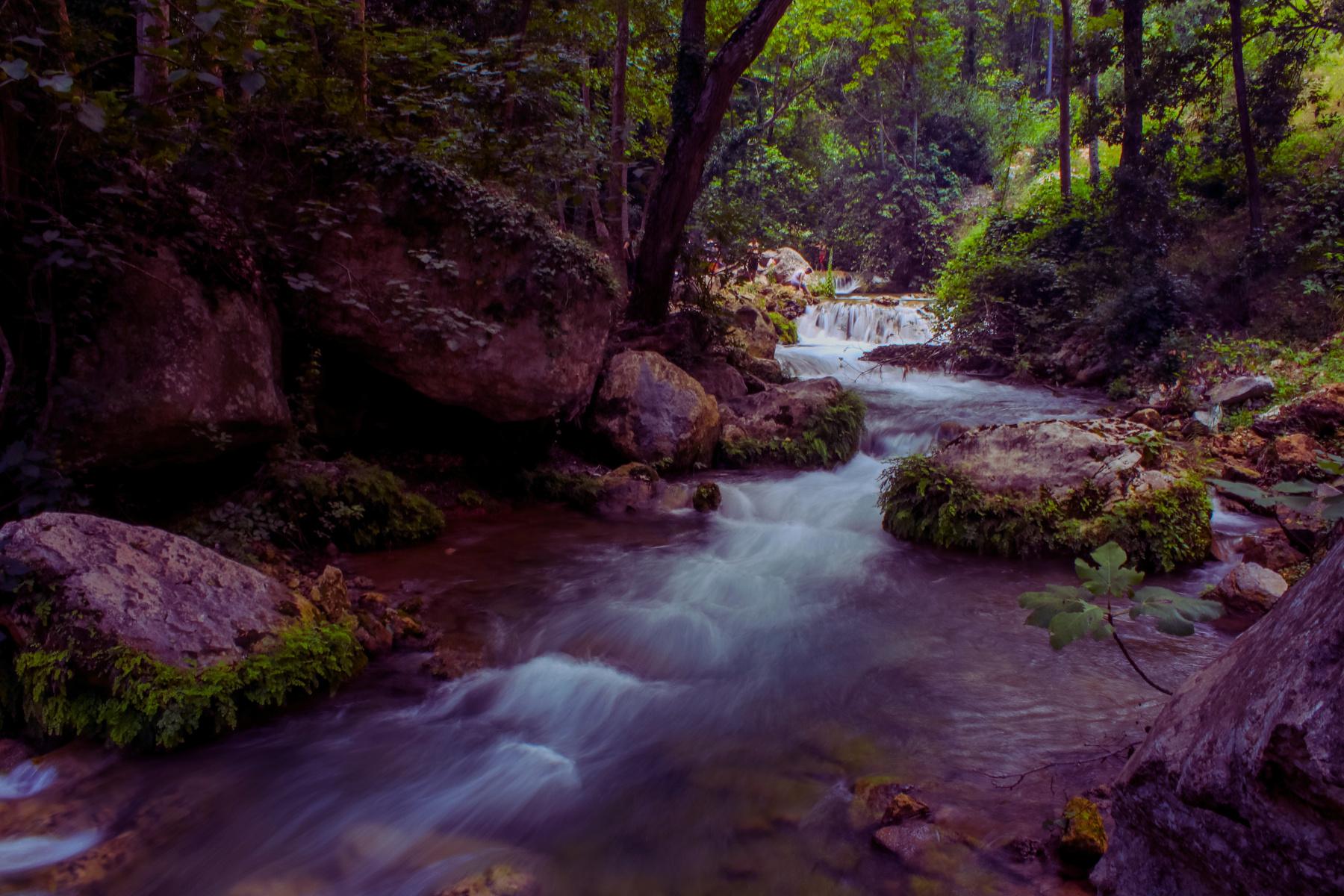
This photo interprets the connection between female mystics in Medieval Europe and their experiences of physical pain through the symbolic figure of Jesus. The Medieval mystic's perspective of suffering was often reduced to pathologizing or interpreted as sadomasochism and was informed by a cultural experience of disease, suffering, and death in such societies. With an extremely different medical landscape than our own, in which pain was accepted as inevitable and where the universality and permanence of pain became a key social unifier, the importance of shared physical pain and vulnerability to Medieval relationships is often present in historical art and literature. Medieval women's writings on spiritual experiences often reflects this distinct approach to theology where physical vulnerability was informed heavily by their sexed-andgendered experiences their bodies always in constant jeopardy
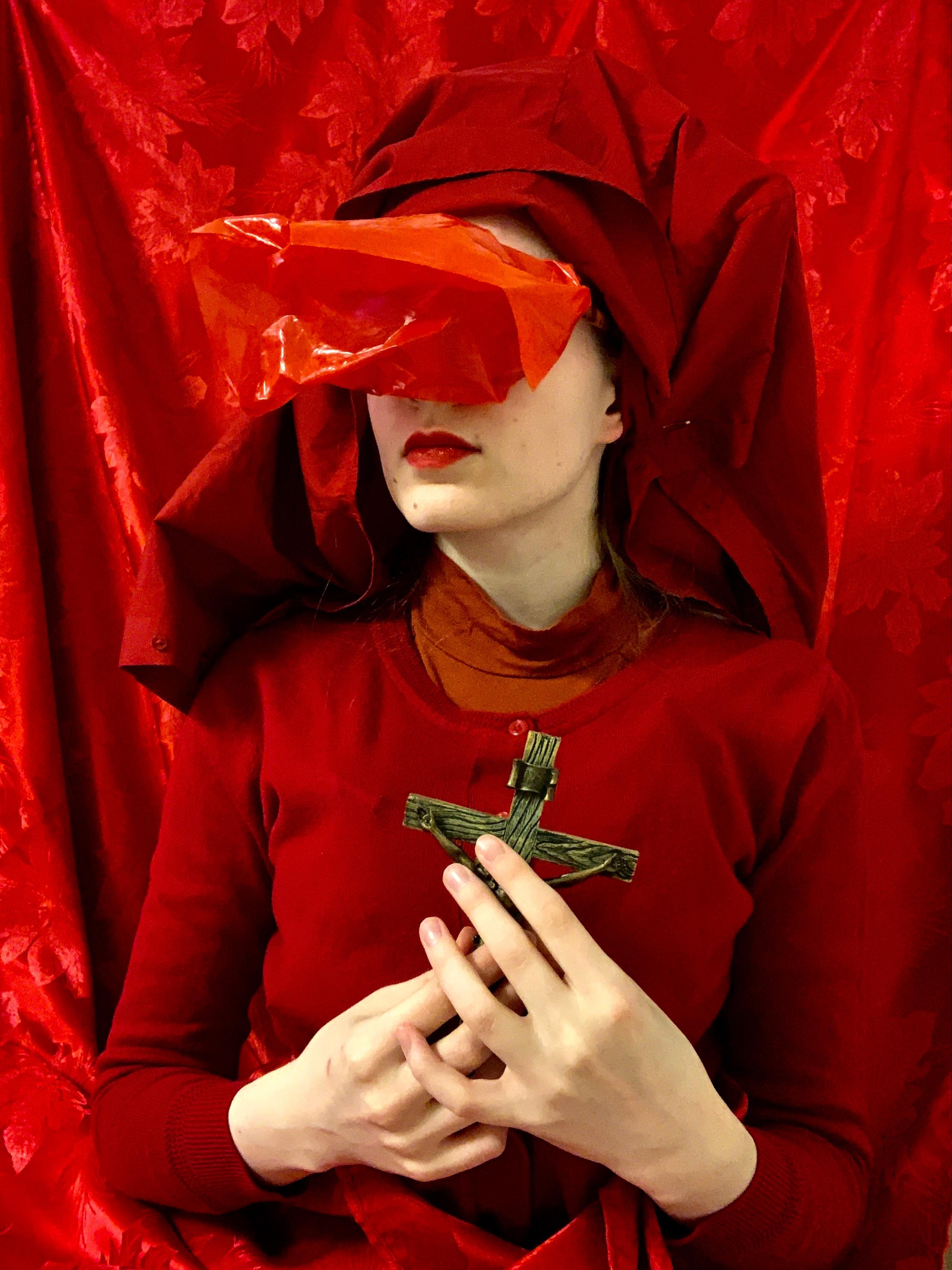
Context: Born in 1573 to Elizabeth Pomeroy and Thomas Harris, Lady Anne Southwell was the first of four children with two brothers and one sister: Edward, Christopher, and Honor (Introduction xii, FS Folger). She played a large part in her family ambitions by participating in courtly games and such that “linked her name to the likes of John Donne, Ben Jonson and Sir Thomas Overbury” through her poetry and letters (Clarke 113). The Southwell-Sibthorpe commonplace book the Folger Shakespeare Library’s MS (V.b.198) isn’t the only document to hold Southwell’s work; but, her poetry and prose can also be found in the British Library in the Lansdowne MS (740, fols 142r-167v) which is, itself, a bundled collection of 17th-century manuscripts Here, she includes a series of “meditative poems” and “decalogue poetry”: a list of ethical principles or a series of ten commandments for theological observation and religious thought, or practice (“Lady Anne Southwell”) Lady Anne’s ability to wield masculinist rhetoric classical and secular references, biblical allusions, and basic poetic devices, their forms, and styles cue past and modern audiences’ attentions to an altogether different and, we might say, raised-status of female authorship.
Hello there! Tell us a bit about yourself. Where were you from?
Well met, sweet Sister. Pray thee, name me Lady Anne Southwell, once Harris whereto I became Lady through my first marriage to one Sir Thomas Southwell. In leaving me, his sole no longer guest to that earthly body in the yeare of o ’ Lord 1626, I came upon the man, Sir Henry Sibthorpe, my new and last comforted love. Though issue’d and baptiz’d at my home of Corneworthy in the Countie of Devon, I spent some yeares in travel; sometymes visitating at London courts and lodging in past at Spixworth in the Countie of Norffolk with my firste husbande. Eftsoons, the kingdome of Ireland became my home and doth my place of eternal bodily reste. So methinks, for Death has shackel’d my memorye and sometymes rattles its chains still, as did Peter of Acts who lay in wait for the Lord’s angel of light to free him from Herod’s injust committal It has been some tyme sithence any persons offered my selfe such observed questions
You seem to speak of injustice strongly. Is there a reason for this? It makes me wonder how a woman like yourself might spend her days in the late-sixteenth to seventeenth century. What kept you preoccupied in your lifetime?
Perchance, it was my father’s practice a Seareagent at Lawe which deliver’d me fascinations and fancies with English statute and human justyce In mirth and with foolishness of that selfesame Pharaoh who, upon the plague warnings of Moses slept, my father too baited the female sexe with a gloze on the folly of a women ’ s Parliament; an unkinde jest that thou should’st pass from the mind quickely.
[Southwell pauses to think] Are you feeling alright? I know this experience must be strange.
Grammercy, I am scattered in this strange and ethereal state. Now remembering, my daily labours were oft spent tending house and its
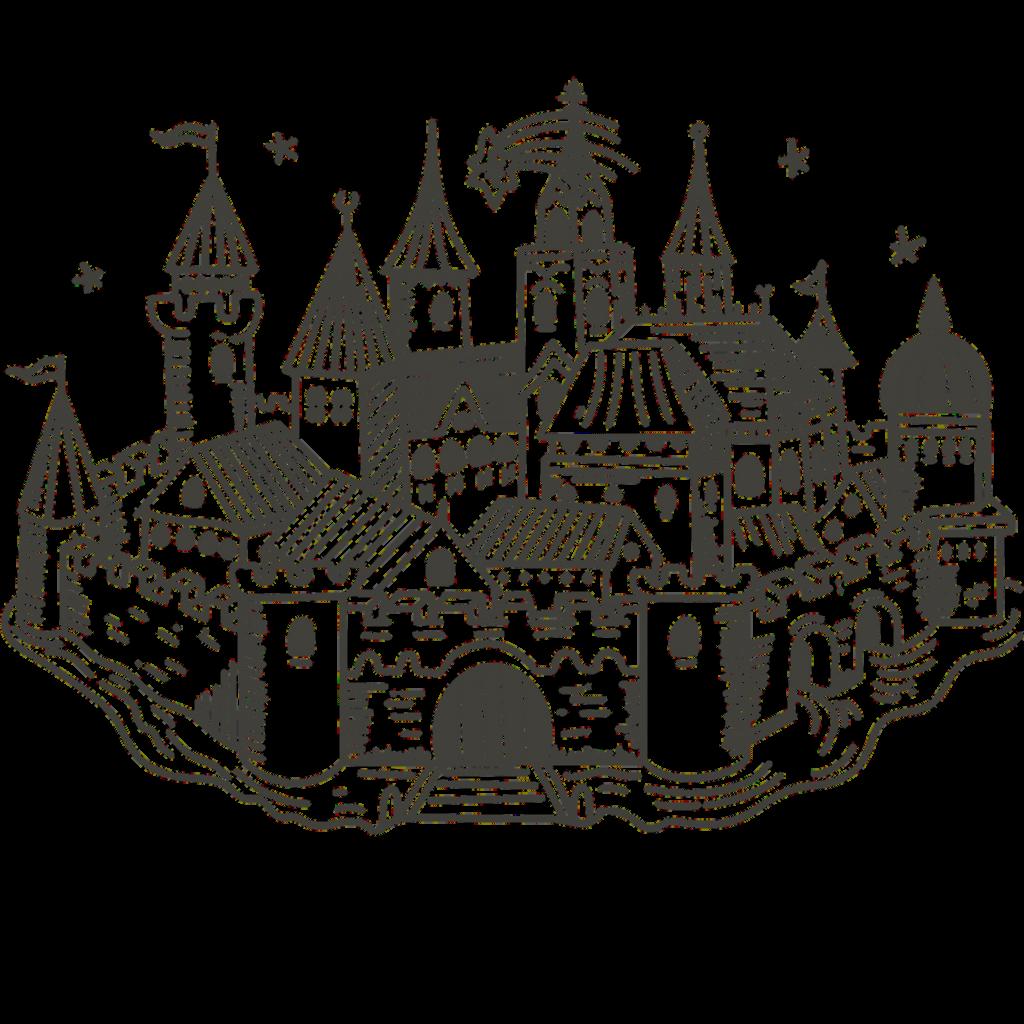
books, resolv’d to my tasks and wyfely duties which involved in consequence the bating of those common female sins: sloth and stillness, wantonness and fickle behavioure. In personating our womanly kinde, I fore-past did oft to Church with my husbande who reputed, even after death, my owne tendency to give Almes and Charity to the poore. Sometymes, methinks the task I favour’d above all but th’Almighty Lord was the scribing of letters and petitions to and fro deare family, friends, and Patrons; who, without their generousity and meanes, thou may ’st not haue known my name on this daye. Though some labours proued more hard-ruled than others, as Mary of Nazarath work’d upon the discharge of her duty in the deliverance of that babe Christ; in emulation and practise, I toile’d heavy with my husbande to further our joint desires with house receipts, holding up the remainder of courtly bonds, and, as is the great pleasure of our sexe, the maternal care of our family issues (woe, my lost and happy treasures, my daughters my Eves!).
I am so sorry that you’ve lost your two daughters to the passage of time. Would it be okay if I continued to inquire about your personal work and your poetry?
Aye, my hand borne poesy may be my third and most beautiful babe, my last loue left in this worlde. In the prime of youth, that goodly volume holy penn’d by his Creator (his tome of heauen and earth) gaue aide in my earliest instruction and gatherings of those timely substances which create industrious, modeft, and towardly women (perchance, better’d than those schoolboys books). I could match the pagan Calliope again’st the Psalms of David, Seneca alike with Paul, and see Phoebus’ rays as semblable to the archangel Michael’s bright and furious wrath of Divinitye. Verily, posy is my earthly treasure, a vessile for contemplation and holy thought.
Some scholars today have noticed similarities between your writing in the SouthwellSibthorpe Commonplace Book and the writing of the pseudonymous Constantia Munda, who wrote The Worming of a mad Dogge: or A Soppe for Cerbervs the Laylor of Hell in 1617.
In a response to the satirical misogyny of Joseph Swetnam, she uses Latin, Greek, and other rhetorical devices (not unlike your work) in order to combat female slander and defamations of gendered character. Are you the author of this work?
In sooth, I will not say if this writer once indit’d poesy under this name; I can barely think upon it. For us vessiles and those name’d the weaker of the sexes, it was common for hir to pen posy in secret or vnder some shadow. Is this still common for women presently?
It depends upon the country, nation, or region; the sociocultural expectations and rules for women and those who identify as women in many areas change over time. But, for many, writing is often a free pastime or profession and today women openly publish with their true female names as authors of journals, books, and a multitude of other writing formats.
Were it even so?! How admirable. In seeing thou know’st my works and my fondness for the female sexe as industrious yoke-fellow and sweet company, like those Daffodils and Violetts rising tall above the garden-house, I am made merry at the thought of my poetic labours hauing endur’d in spirit. To liue in mortall turmoil on earth, wondering each daye in which state my soul might fly to heauen, or if I should fix my needle upon the river Styx and its Stigian floods to wash me away, would grieve the most brazen of holy hearts. I haue conquer’d and triumph’d over the blasphemes of men ’ s ditties and, in my invented posy, haue made a female knight of us fallen out Judiths and Esthers. Am I, are thou, not Eves incarnate? I leave thee, you “modern” women, with this ghostly and brief counsel for the hereafter. In spight of thy second borne reputation and good nominate as heauenly mistress, wyfe, or daughter, forget not God’s honour’d words. For, while Eve did err, it was hir that gaue the gift of Knowledge; and it was Adam, Man of Dust and giuer of titles, who err’d in not hauing the strength to refuse.
burnt out cigarettes stuck between children’s fingers the smoke entering their minds wise women stuck within four walls
guarded by barriers only men stuck
with the power to rule
some did not deserve it all
i am tired of feeling stuck
i am tired of hiding myself
i am tired of it all but no one would understand so my thoughts get buried before me
Context: “Stuck” is a poem that imagines an anonymous observer of the fraught eighteenth century; this poem’s speaker remains vague to embrace a collective identity that could have belonged to many of the period. As they look to the mercurial changes of the age and the so-called societal progresses, their feelings of invisibility and powerlessness grow.
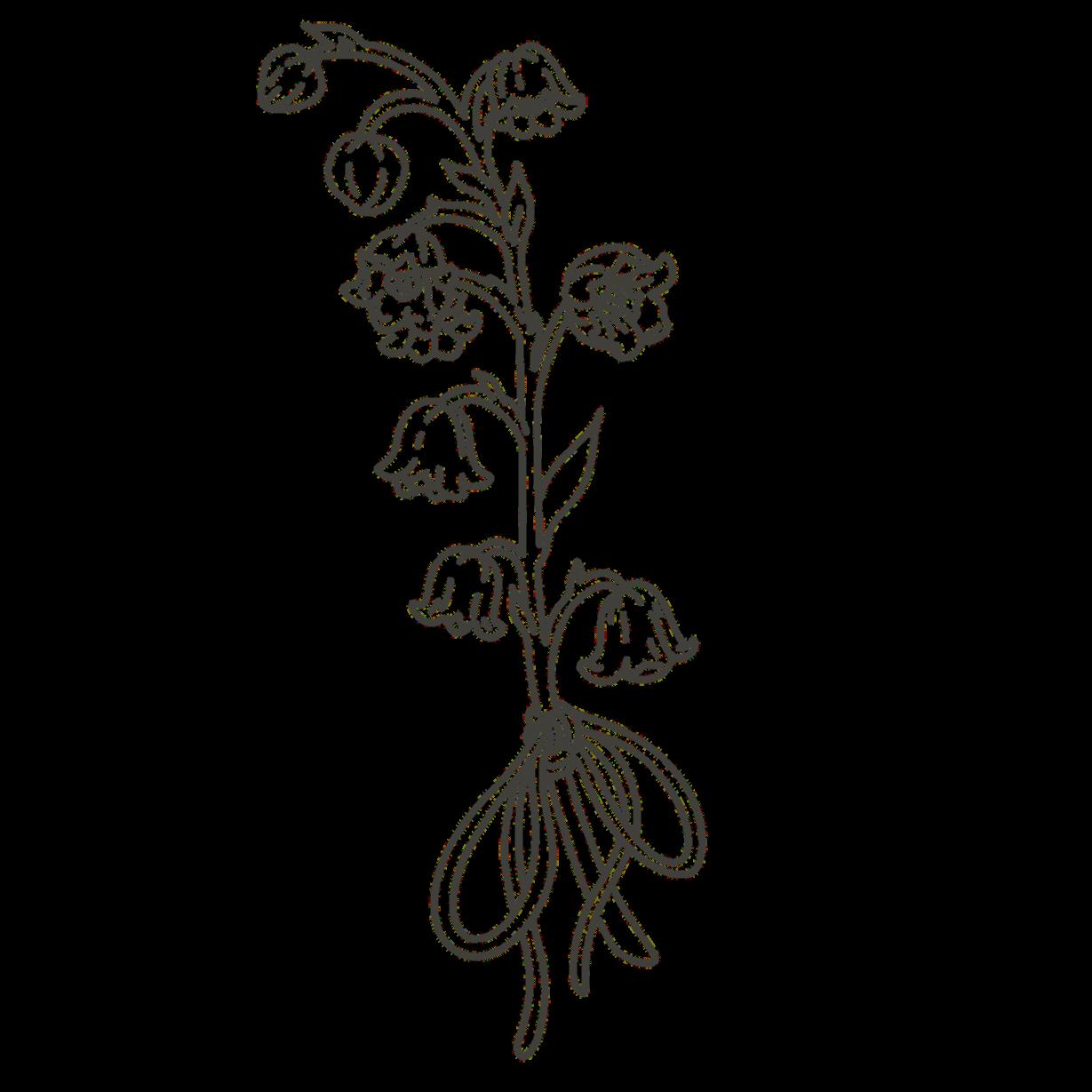
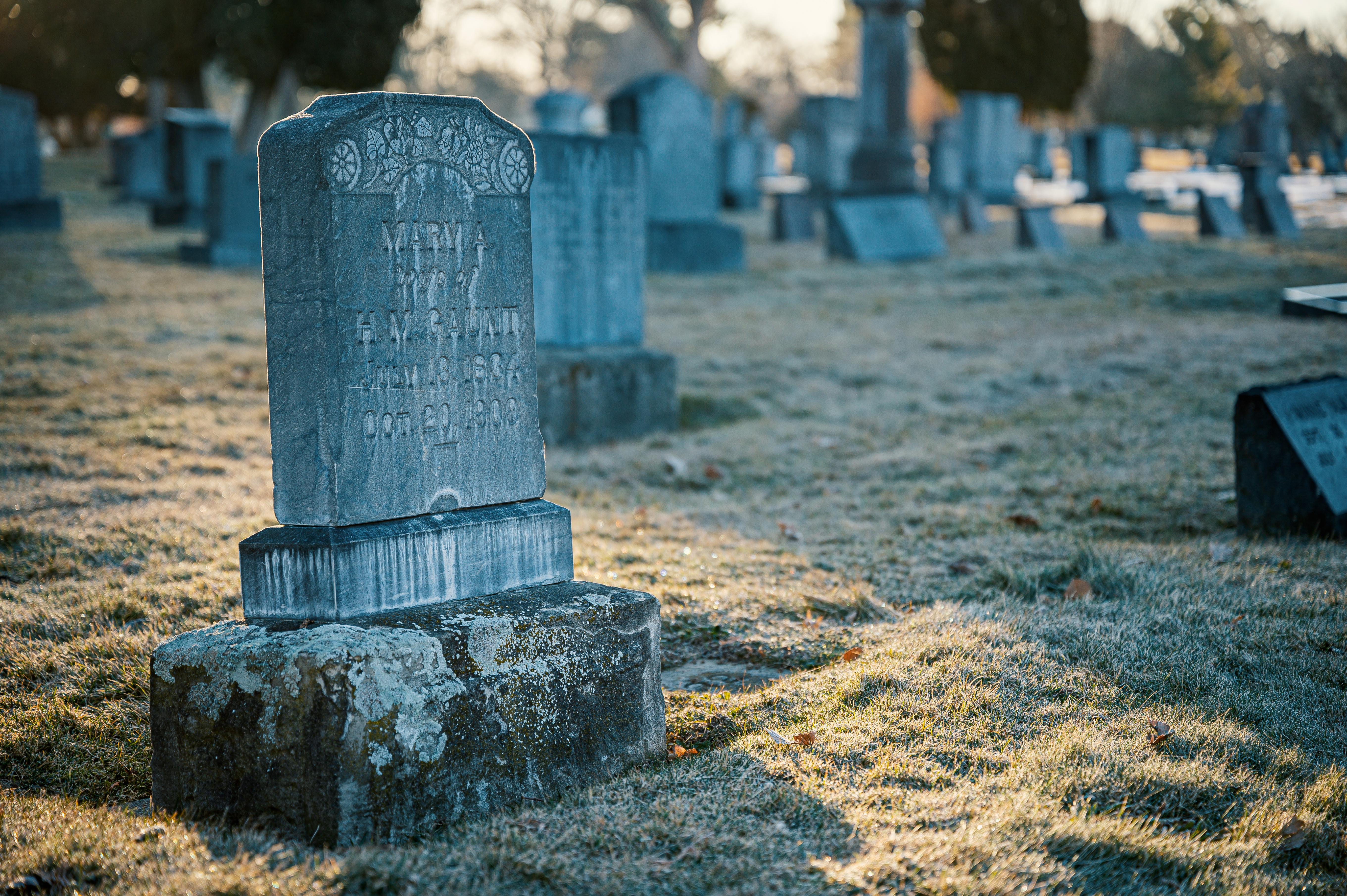
Context: Lady Mary Wortley Montagu (1689-1762) was a lifelong writer of letters, fiction, poetry, and important historical and political accounts. A vibrant aristocrat who wrote with presence and power, LMWM is known as an early feminist thinker, women’s travel writer, smallpox survivor, and the person who introduced the folk practice of inoculation to British and Western European fields of science
To you today,
Yours is a world not like my own and yet so alike In my pox-struck time, circumstances bade me lucky enough to see beyond my country, to witness elsewhere and its knowledge. Without this elsewhere and the people of it, I would not have been privileged as I was to have witnessed folk miracles of healing. Clever ingredients from the earth and even more clever minds repurposed the very sickness that plagued us to foster resistance. In my time, these wise inventors of healing – with feminine hands all – were greeted with superstition and suspicion. Women healers were pillars slowly being chiselled at by the professions of men. I had hoped time would engraft and bar itself against the skeptic Western gaze and beaked death toll, but it seems not. Both my brother and I felt the cool leather of helpless hands grasp at our sickness. Honey, Saffron, Cinnamon, Laudanum, they could and cannot dull the haunt of sickness by themselves I made it, he did not My children lived long beyond me, but they did not live through our time of great illness without defiance. In this time of mine, I became intimate with how fear infects and spreads quite like sickness itself. I fought science to facilitate new science, but I see now that battle is ongoing.
It is hard to look on from here
And so again I say, yours is a time of abundant knowledge and access beyond any comprehension of my days, so why do you leave it to waste? Why do you resow the violent foolishness of our past and insist that it is the proper pathway simply because it was done by similar fools before you? I sailed to my own enlightenment, sought from wise women and their wise hands, but yours need not take such a journey to witness the benefit of healing as it evolves as a saviour of the many. I would have thought your journey was complete already as your history pages are filled with names of the dead, their loved ones and their torment. And yet, here we are, once again and the whispers of fouled fear and suspicion keep you from reading the pages under your nose.
Presently, I imagine what it is to be in your time, plagued or not. I expect this inquiry to be answered honestly – before the rampant sunbursts of new sickness’ spread your globe, can the honest doctor of your time gaze up from the textbook his forefathers wrote to proclaim his field cares for each and every body? In your time, I imagine that there are those of modern science or on politic podiums who take up the hobby of ignorance once again. I imagine they still ignore heart and hand-sturdy women and their folk practices. I imagine the practitioners of medicine have invented cures and aids abundant for the able male form, expending imagination to discover how men ' s sinews, flesh and faculties may be saved. Much like the sinking of a grand ship, the call for the nation-building men to be saved rings out first, and our bodies might be taken under by waves. We struggle for boats of life but have no access to the arms we must use to paddle nor the minds we must use to convince ourselves to swim. And when plagues arrive, some days, I fear we will refuse to board altogether. We may all sit on the great vessel as it goes under, swift – as if we never existed at all.
Instead, while we wait for the sink, it seems we persist all the same. Epidemics, as some of you might know, are catalysts of the wars upon women. Somehow, you must evade sickness as you also evade the weighted private horrors that fall upon your bodies And when you succumb to the same sickness that took your young and aged loves alike too soon, you also must lie ill, all the while knowing that you are not quite yours. Your health is not yours, and your body is not yours. Women lay ill, just like you, some different, but sufferers all. Some soul, somewhere, made a choice for you – they make choices thrice times over and each time, through all our days, our bodies are impossibly tasked to survive it. But that is a story woven in and out of times of plague and we must simply survive one thing at a time.
If some of you have not heard me yet, know this now – the epidemics of my time and all future times do not exist isolated from a cosmos of vast and grave manmade violence, they are too often the constellations or perpetuity of such violence. If you do not know how the vast skies of repeated history unfold by now, listen to me map them: It took hundreds of years to abate the pox – hundreds of years and too many lives – and now you must live through a new unpredictable, relentless harm, all the while somehow creating new horrors of your own.
The denier of science cries out poison, the result is death. Homes become a domestic refuge from sickness but cages of another sort. Women witness all and are diagnosed last. And worse yet, they are the very same old, raven-haired, earthbound women who hollow out nut shells to perform the first inoculations and captain the healing of their community while it remains merely foolish superstition in the good doctor's mind.
Just as I am a sufferer alongside you, know that I speak earnest and true for a reason Do not lay wasted under the same holed and fraying blanket shrouding the ages of calculated death. Make choices where you can, rage up where you cannot. Your concerned friend in time, LMWM.
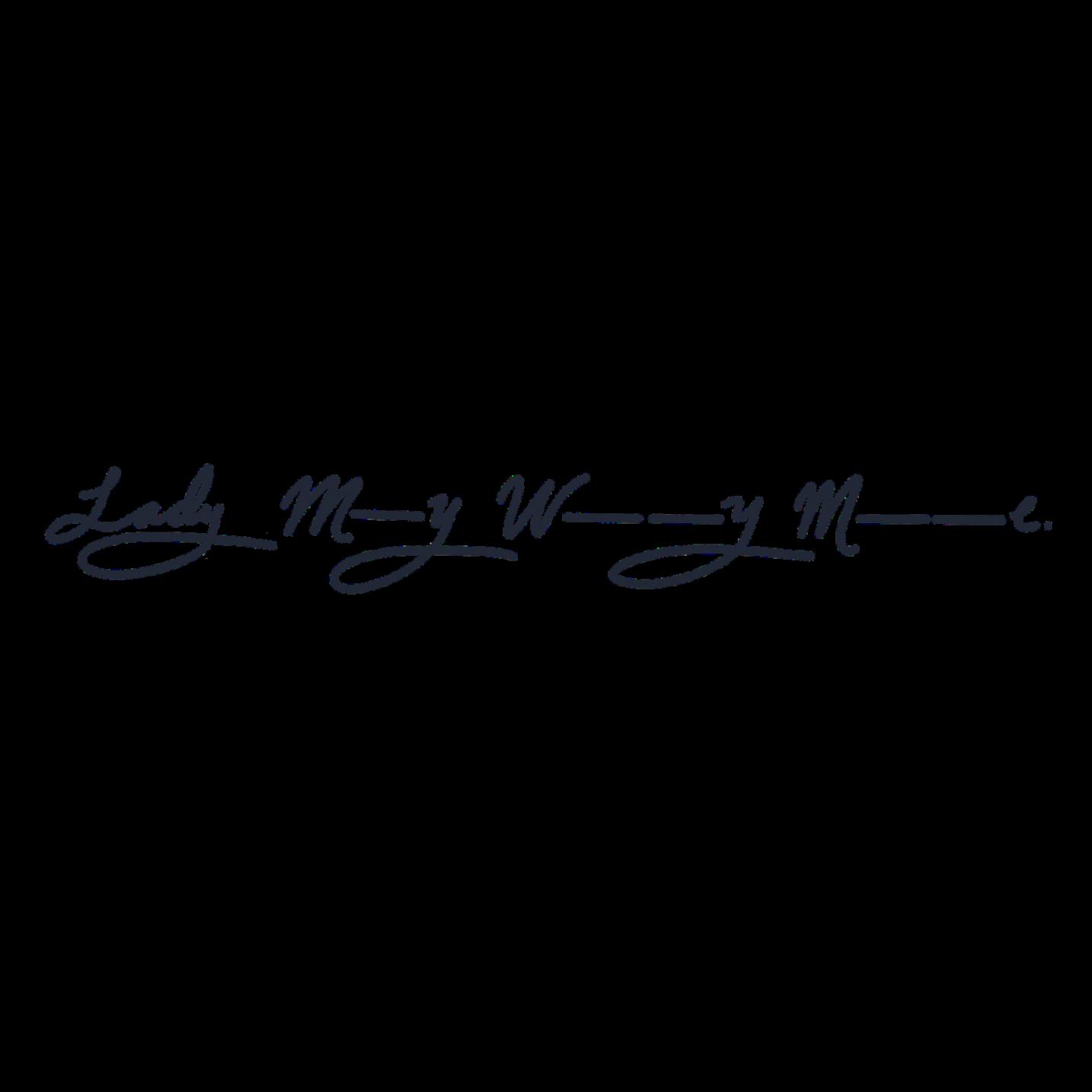
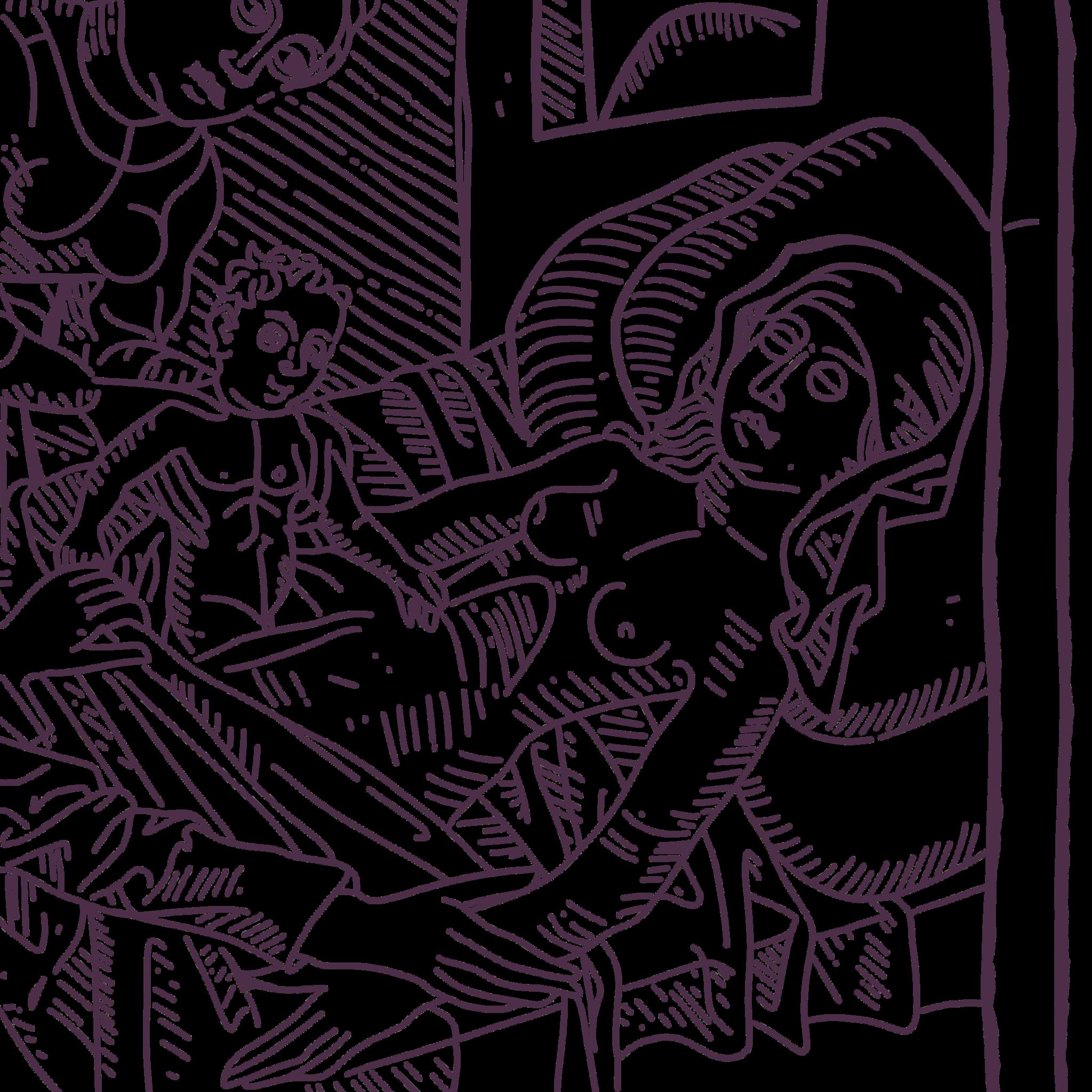

Context: Margaret Paston who lived in the Middle Ages (roughly 1423 to 1484) is known primarily for the large number of letters meticulously written by Margaret and her family which were carefully saved and now offer great insight into life during that era. Her life, riddled with fraught family dynamics, illness and long standing land feuds was one that exemplified the importance of social standing and class relations at the time Scholars today are indebted to this family for the preservation of these letters.
Rachael McLeodKingston, Jamaica
February 21, 2023
Dear Rachael,
Thank you for contacting me for advice on your family situation. I’m astonished by what you ’ ve told me regarding my letters! To think that they have survived since 1441 (which is over 580 years ago) has filled me with amazement, shock and pride I’m experiencing a sense of accomplishment at having heard this because, as you might know, I believe in posterity. Saving my letters for future generations of my family is of paramount importance to me. I don’t believe in doing this for the purpose of fostering sentimentality. I’m not a person heavily guided by emotion. Rather, I think it is wise to preserve the records of events, business developments and personal exchanges so that they may be referenced and used to shape further action. So to hear that my letters are now key artifacts which provide what you ’ ve called “sociological insights” into my era fills me with joy. Thank you for sharing that with me. Do tell me more about sociology in your future letters. I am a firm believer in the institutions of marriage and family as well as the organization of norms which I understand from what you ’ ve said to be core ideas in sociology So I would love to learn more about this field of study you have mentioned.
Now to your issue, as a single mother living in Jamaica the odds are against you. You mention that you have a daughter who has been staying out late and giving less of her attention to her studies and more of it to boys. I’m warning you,
the fate of your entire family for generations to come is in jeopardy. This is the time to step into the role of matriarch. I invite you to think about that word, “matriarch”. To preface what I’m about to write I must inform you that another person from the 21st century sent me a dictionary and I’m in awe of its contents and its meticulous record of the etymology of words! Using this phenomenal tool I found that “matriarch” stems from matri meaning “of or relating to a mother” and arch which means “rule” or possibly stemming from arche which refers to “the first principle from which all other principles are derived” [1]. In other words, the fundament that upholds all which rests upon it. This is the purpose and value of a strong mother. It is what I had to become when my husband died and now it is your fate as well.
I’ll tell you what happened to me so that you may understand the gravity of your situation. My daughter Margery fell in love with our bailiff, a common man named Richard Calle. Under no circumstances would I have supported their marriage which would have undone all my fiercest efforts to elevate our family’s societal status. In fact, I terminated his employment with us. Unfortunately, we were hard pressed for money since one of our properties, Caister Castle, was under siege and the tenants were refusing to pay rent. So my hand was forced and I had no choice but to rehire him Somehow, despite my best efforts to keep them apart, the two foolish lovebirds surreptitiously contacted each other and made vows to be married. So, in one final attempt to save my daughter from ruining the family name, I decided to present the dispute over this betrothal to Bishop Walter Hart. We told her all that she would lose if she remained stubbornly committed to the union. I told her that I would disown her and that she would never from that point forward be able to communicate with myself, nor her brothers, nor any of our friends or kin. The child decided to marry anyway.
Rachael, I am still extraordinarily angry and disappointed at her decision but, although I have never admitted it, I am also deeply sad that I lost my only daughter. My darling child who I had poured so much love and affection into and who throughout her childhood days had brought me so much joy was gone After she left, my home was empty of its family. All my children had gone. John II was reveling in life at Court, John III was at Caister Castle and I had disowned my daughter. Reflecting on that time I remember feeling a profound loneliness. More than the regret of having disowned her, I felt hurt by the fact that she decided to marry Calle over remaining with me - the one who loved her most! Am I such a terrible mother? I suppose I must understand that true love is indomitable. I pray to God that she was happy with Calle and that he was a devoted and caring husband.
I am ashamed that in the name of upward mobility, I sacrificed a relationship more important than the world - the one with my own flesh and blood. Wow, in the hundreds of letters I have written, I have never written of these feelings!
The intention I set out with when I decided to respond to you has changed. I began by saying that you must acknowledge the dire consequences you will face if your daughter engages with men of whom you do not approve. But now, I encourage you to guide her As the matriarch, steer her in the direction of following what is good and true. If she is in love with a man you do not find appropriate, seek a way to uplift them both so that they might be happy and benefit from an easeful life. Future generations will thank you for allowing love to flourish. Without a nourishing, caring environment what use is power and elite status in a family?
I thank you most sincerely for writing to me. The process of responding to you has brought forth feelings I didn’t know I had. It has shifted my outlook on the events of my life. I hope my letters from the 1400s will continue to inspire people across the globe such as yourself. May God keep you through the trials of motherhood and may he order the footsteps of your daughter so that you may all live an abundant life.

Your new friend,
Margaret Paston
Context: Chevaliere D'Eon was a French diplomat, spy, and soldier who lived during the 18th century. Born as Charles-Geneviève-Louis-Auguste-André-Timothée d'Éon de Beaumont, they became famous for living as both a man and a woman throughout their life They served as a spy for King Louis XV, fought in the Seven Years' War, and eventually retired to England [French Translation can be found in collected audio recordings; see SoundCloud link on page 3 ]

It is such a pleasure to read your letter and about the state of the world you live in. If it was possible for past, future and present to merge and for all times to exist simultaneously, I would have loved to be with you and all the other people described in your letter as being “trans”. Since I’m not there with you in body, let my letter be proof that my spirit resonates with you even in death. And it is, after all, the spirit that matters most. You have in my spirit and soul your constant support and you can gently read my life as a sign that if I was alive, I would have fought with you with my own sword and armour for your modern rights and liberty. And, most of all, I would have been ready to duel anyone to defend your authenticity and honour.
You expressed in your letter an anxiety over whether you could refer to me as “trans” even though, as you rightly point out, I have not used this term to describe myself. To that, my only reply would be that we all look around us for examples or models or even stories that can reflect us. I too looked to Joan of Arc in order to understand myself, and, in doing that, I might by necessity have seen her through my eyes. My conception of her or the words that I might have used to describe her would have been different from how she might have seen or termed herself. That, in my opinion, is unavoidable and it is not necessarily violent. If I ever conversed with Joan of Arc, I’m sure she would have seen herself in me as I see myself in her. But, I appreciate your effort to respect my authenticity. That is indeed very moral of you. As you might already know with having read my life, I do not see my authenticity as rigid; I am, by my authentic nature, fluid I am a woman, but I do not deny that I once saw myself as a man and I might very well have been a man, then—I am a woman now.
Now, I am Chevaliere, not Chevalier. And I also do not deny that I am not rigidly feminine. (To be honest with you, I hate dressing up in those horrendous impractical dresses that make it bitterly uncomfortable for me to duel. I’m glad Maria Antoinnette’s dressmaker does not haunt your fashion industry anymore as he did in my time. But, as you tell me in your letter, not much has changed in your era as women ’ s dresses still have no pockets, which you find to be impractical and unjust, and I’m sure I would have found it as horrible as you do.)

I am also masculine, or at times a bit of feminine and masculine and also, at times, rather neither. At all times (past, present, future), I am however resolutely me and authentically me. By the standards of your time, I might even be “trans” and, as I have stated before, if still alive in your time, I would align politically, socially and religiously with the noble cause of your “trans” and “feminist” struggle. And that is why you can indeed refer to me as trans, because my spirit resonates with you and the spirit of Joan of Arc resonates with you and the spirit of all the warriors who fought against restrictive social norms resonate with you We are all but one thread, connected across time and space.
In your letter, you do mention some horrible people who hate women and specifically “trans” women. You mention an author by the name of Miss Rowling. May God have mercy on her poorly misguided soul. Though I have a great respect for intellectuals and writers, I do not think people like your Rowling deserve respect. Spreading prejudice is immoral. If I was still alive, I would have faced her, as she would be writing her hate-filled rhetoric, and I would have shouted “look me in the eye when you spew hate against my kind, you traitor”.
In my life time, I too had a fair share of encounters with horrible people of the sort you mention, who spread rumors against me and slandered me and said that I was a monster or a man in woman ’ s clothing or a woman that needs to be domesticated. And I can attest that all these cruel words did was demotivate me at times, but I never doubted my inner truth. I am who I am. I would say to you, too, never doubt your inner truth. Fight against erasure, with sword or pen. No number of Rowlings or Beaumarchais can erase me. If nothing else, I would pick up my sword and defend myself against their prejudice Though you tell me that duelling is not fashionable in your era, I wonder (and I am saying this in a lighthearted manner) if having duelling as an option would prevent prejudice at least to some extent in your yet still stuck in the same letters and I would respond


Context: Teresia Constantia Phillips was an eighteenth-century courtesan, best known for publishing a series of scandalous pamphlets outlining the violence and exploitation she was subjected to at the hands of many prominent lords and politicians of her time. As a child, she was raped by Thomas Lumley-Saunderson: third Earl of Scarborough, who later abandoned her and left her to acquire substantial debt as she supported herself and her younger sister. Throughout her life, Phillips struggled with debt and employed various schemes to trick suitors into taking on her debts and protecting her from her creditors. In her memoirs, Phillips portrays herself as a victim of her society and seems to take great pride in denigrating those who wronged her by prevailing over those who tried to destroy her reputation
A letter humbly addressed to all who wish to learn from women's self-declarations,
I have been informed of your endeavours to study the 'life writing' of women who lived centuries before your own, and many before mine even. I must say I am intrigued about your inquiries, as scholarly pursuits were not a consideration when I first wrote my history. But I must admit it is satisfying to know that, in spite of all the years passed, my pamphlets remain in circulation. And, with the knowledge that my words continue to be read and discussed, I wish to briefly clarify, for all who are interested, the circumstances of my life, and the lives of women of my time; and I wish to offer advice to those who find themselves in similar circumstances.
I begin with a truth I learned in my youth: the world, despite the abundance of philosophers who deliberate on ethical principles and lawmakers who codify such principles into law, is a volatile and unkind place for women, who have little recourse, if they have any recourse at all, to seek justice for them selves. In just a moment, a man can destroy a young girl's promising future; and she will be charged for her part in the act, while he, being the responsible party, especially if he should be well-connected, or versed in judicial trickery, will incur no ill consequences. But for the young girl, whose future has been ripped from her hands, this violence is only the first of countless more violences that will mark her life.
Justice, you must understand, is as unstable as the whims of those men who believe them selves to be capable of writing or speaking on such matters (and, for all their conjecture about morality and decency, the definition of justice is capricious, it being dependent upon which outcome most serves he who speaks of it in a particular moment). In such a world, women must pursue other means of defense for their own survival, else they will be destroyed, if not by death, then by submission submission being but another name for death. While law is the realm of men, public perception is an arena over which they hold no such monopoly; for the disposition of men is such that, in all but the rarest of cases, legal and financial power are cultivated at the expense of all other worthwhile pursuits. But these pursuits, being earthly in nature, perish upon their masters' deaths. Reputation and character, though, live eternally; upon his death, the deeds of man carry on in his stead; and, so, unwilling to submit to the justice of men who wished to take and destroy me, it is the arena of reputation and character that I chose as my battleground.
Guided primarily by his baser instincts, though he wishes to believe such instincts to be characteristic of women exclusively, man allows him self to be taken by his every fancy. When infatuation sets in, man will do anything to be with the woman of his affection; and, should he be refused, he will take this affection by force. Upon the subsidence of infatuation, if they are
deemed to be devoid of utility, women are discarded, left with nothing but their diminished name.

So, it is necessary for women to declare themselves to the world by any available means, lest they be reduced in both person and station, left to wither and waste impoverished and alone, else be imprisoned for the wrongs of another. When threatened with destruction, women must respond in kind and employ their wits to fend off their destroyers and maintain their reputations.
Upon being besieged by my adversaries and detractors, who, by means of their judicial trickery and parliamentary coercion, attempted to enforce their unkind justice upon me, I was forced to parry their attacks and respond in kind, in this realm of reputation It being the only realm in which my voice carried weight, and the force of Truth being on my side, I permanently diminished their good names And when they threatened financial ruin, I graciously accepted, for poverty is but a temporary condition and their characters and actions will live on in infamy These are the virtues by which I lived my life, and which I wish to pass along to you

Thus, it is with the greatest pleasure that I should hear of my place in your teachings The knowledge that my words still live centuries after I first wrote them, and as an exemplar of the women ' s self writing canon no less, vindicates me and my endeavours to shed the light of truth upon the circumstances of my life It pleases and honours me that my contributions might prove a valuable resource in your classroom I should like to know what women, beyond myself, and which writings you have selected as representation of my gender, for I would be most interested in reading their histories along with you
Your humble collaborator,
T. C. PhillipsContext: Active in the later nineteenth century, Jack the Ripper was an unidentified serial killer whose crimes mainly appeared in impoverished areas like Whitechapel in London, England. With the attacks on female prostitutes who lived in the East End of London, many of the time understood the gendered focus of the killer’s cruel intent and assumed the criminal was male: harming and displaying gruesome spectacles of the female body a possible cultural and psychological extension from the historical misogyny of earlier periods “Jack and Jill” imagines the voice of Jack the Ripper’s final victim, (Mary) Jane Kelly These pseudo-historical diary entries integrate details of Kelly’s real life as a way of acknowledging her as a complex and multi-faceted individual rather than solely characterized by her victimhood and sensationalized by her involvement in sex work.
Journal of Jane Kelly
13 Miller’s Court, London, England
September 1st, 1888
I haven't had a drink today. Joe did (soon as he got up just like he always does), but I didn’t. I can’t remember how long it has been since I could say that. We didn’t wake until midday and, only did, because of the chatter on the street below. I had left the window wide open. Never again. We know the bobbies think we are a waste, that it wouldn’t matter if we were dead. A sportin’ woman ’ s body is found at least once a week and usually they don’t even bother to ask the rest of us if we know anything. Everyone knows everyone in Whitechapel. We are practically stacked on top of each other in these wooden houses like crates of rotten fruit. If it wasn’t for the company, the greyness of this place would be suffocating.
This was the first time they had gone around asking about her, and so we were the first to hear what had happened. That poor Ms. Nichols, who had so little already, was cut up by the dirty bastard and took the only thing she had left.
I talked to that Inspector Abberline fellow and told him I hadn’t seen her in a number of days. When I came back upstairs to tell Joe
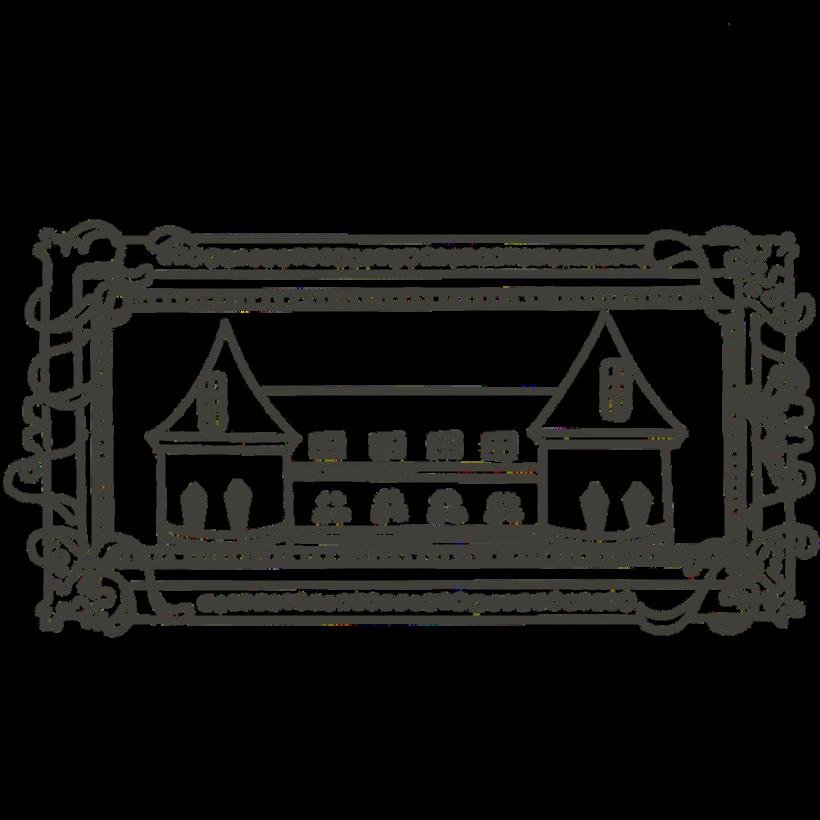
what happened, he was already passed out at the table, a dribble of drool hanging off his lazy lips These days, he can barely stay awake long enough to tell me how pissed he is that I had to go back to working on the street. Thank God for this tiny storage room next to the house, for the wobbly desk and red ink. Writing is the only thing that keeps me sane. Davies always said I was born to be a scholar, an artist maybe. I could have been. Maybe if I was still with him, if he hadn’t gone to the mines that day, and if I was still embraced by the natural beauty of Wales rather than the stale air of London.
But for now, I will attend to my best client, Frank. I can hear him knocking at the door now, and it sounds like he is desperate. He’s not a big spender, but he is a very small man; at least I know I am safe with him. He might even know something about Nichols. He visited her from time to time as well.
September 25th, 1888
Sobriety takes the mind to frightening places. It is a blessing that I found time to write again today. After Annie was nearly beheaded in an alley, I started letting other fallen women who had nowhere else to stay lodge with us for safety.
Joe is gone. Upon his exit, he hollered,
"I can’t live in a house full of bloody whores!” He always spat when he spoke and I’m not sure if it was intentional or simply pure drunkenness. I said nothing and he stomped down the stairs, shaking the fragile frame of the house as he left.
I haven’t paid rent in several weeks and I am certain that Jack saw Joe leave. He knows that I won’t be able to make do on my own, so I better lay low. Good thing there are enough pages in this notebook to keep me company instead. And of course, I can’t forget Mary. She is an odd-looking thing, her teeth always stick out of her mouth, but she seems simple and safe. Simple is all I need.
I ran into her while leaving Frank’s a few weeks back The blood covering her skirts nearly made me swoon until my mind settled into some reason She must be a midwife, I thought I invited her back to Miller’s Court and she accepted, looking down at the wet black cobblestone for the whole duration of our journey She didn’t say a word for several days, but always kept on her visage a slight smile Eventually, she warmed to me and we would spend the evenings making silly conversation that kept me away from the drink
She incessantly compliments my blonde hair and blue eyes She likes to call me Jill Mary never talked about her work but asked kindly if I would wash her dresses I knew from the stains that she must’ve seen some truly horrible things
This evening I showed her my secret pleasure, the desk in the storage room that I prayed Jack would never come into It was unlikely; as with most landlords, he didn’t care about anything except the money Mary asked me, “May I use a sheet of paper from your notebook and borrow a pen? I need to write a letter ”
I obliged and tried my hardest not to peek over her shoulder while she was writing While she was folding the paper, I spotted the name Jack in red ink I hadn't asked for any compensation for her stay, but my heart fluttered as I realized she was taking it upon herself to cover the rent and save both our skins
November 8th, 1888
It has been almost a month since Lizzie and Catherine were gone, since he sliced them up and open sent their pieces to the police. They still can’t find him. But he’s not the quiet type. The letters are even more terrifying. Signed Jack the Ripper, his name a fitting gesture to the wreckage and ripping he so frequented. The fabric of our lives, already as frail as silk sitting in a dark closet full of hungry moths, were mauled, torn, and ripped at the seams: barely anything left. Does he hates us because we are doing what it takes to survive? I, myself, haven’t been able to visit a single client, not even Frank Writing no longer calms me anymore
Mary barely leaves the house and I am growing less and less certain of what she is afraid of If it is the Ripper or, something else Jack still came for the rent last week; I ignored his knocking but watched Mary’s black eyes shift back and forth as she found comfort in the corner of the room where she always sits I can’t fathom it, that I let this woman into my home This morning, she asked me coolly, “Are you going to see Frank again any time soon? Perhaps not, considering he’s got a wife and babe now ”
It took all my strength to keep my body from trembling with terror
“I never share my client’s names, ” I blurted, “How did you know him?”
“Oh, I helped his new wife give birth a few months back Things didn't quite go as planned though,” she paused, “So, I’ll have to be paying them a visit soon ”
Her words stayed with me The half empty bottle of gin at the edge of the desk seems to be the only friend I have now, but my hands are shaking too much to pick it up I am nearly out of ink
The body of Jane Kelly was found by her landlord, Jack McCarthy, in her bedroom at 13 Miller’s Court Her partner, Joseph Barnett, could only identify her body by her hair and eyes
Context: Lady Brilliana Harley (1598-1643) is known from the approximately 375 extant letters she wrote mainly to her husband and to her eldest son who were in London during the English Civil War As the matriarch of a landed Puritan family that supported the Parliamentarians, it fell to Lady Harley to defend the Harley estate in Herefordshire, a country that remained a royalist stronghold. For seven weeks in the summer of 1643, Royalist armies lay siege on Brampton Bryan Castle. While she successfully defended the Castle, in October of that year, she succumbed to an illness, possibly pneumonia, and died Brampton Bryan was destroyed by Royalists forces in 1644
28 February 2023
Dear Irina,
It has been three hundred and eighty years since that terrible summer when the enemy armies lay siege to my village, yet I still find my heart racing when I remember the sound of the cannon balls hitting the walls of my home. I'm safe here on the other side and you may take comfort in knowing that in the place from which I write, war is unimaginable. Yet I confess this knowledge of infinite peace has not erased the desperate terror I still feel when I remember that summer of 1643. You likely know that feeling, Irina, that pounding arrest of thought, the panicked grip on your throat. Neither time nor my words will take away that feeling but perhaps this letter will provide some salve to the bitter wounds of war.
Like you, I felt the unrest growing around me in my region for many years before the muskets first fired. In my case as in yours, political divides became inflamed, misinformation and rumor circulated widely and wildly in my country. I myself never knew who to believe and would wait patiently for letters from my husband and son with news from London. When the violence began to seem
inevitable, I considered fleeing my home and taking refuge with my young children in a neighboring safe haven. But like your decision not to flee to Poland, mine was made with the clarity of hope. If everyone abandons their home, there will be no more homes. I needed to believe in a future, if not for me, then for my familiars and for Brampton Bryan. I will not lie to you and say it was easy to stay. Living in a village that sided with the enemy required depths of bravery I had not known I had. Neighbors shunned me, threatened violence against me, and withheld the necessities of life I felt no compunction later in the war when I ordered some of my soldiers to raid their homes for food. You and I both know what humans are capable of doing to survive. I only hope my presence here means God has forgiven me.
As women, we are both resourceful. You are brilliant at gleaning in your village, gathering spoils to make an edible soup. The basement tunnel that is now your home, you ' ve turned into an oasis of sorts. I admire your care for those more vulnerable, the sick and the maimed. I tried to do what I could too but there were just too many bodies. My hall was full of bloodied men with musket and cannon wounds. We used oak leaves to stop the bleeding and I found the best salve was a cold lotion made of egg yolk, oil of roses and dried wintergreen. [2] Then all my poultry died and I had to make do with urine instead of egg.
As women, we are also pragmatic We turn our bravery into organization In the winter before that terrible summer, I managed to find 40 soldiers who were on our side and brought them to Brampton Bryan; with my encouragement and preparations, they kept an army of 700 men from taking possession of the castle. I know your soldiers are as resilient as mine but without food and weapons, the enemy will break through their lines. Wars really haven't changed in 400 years: there are weapons and ammunition; there are enemies and battles and lines; and there is blood and death and the cries of misery.
In the nights when the fear kept me awake, my thoughts would give over to a swirling doubt: I should have fled to safety; I should recant my views and join the enemy. I don't know if you know but twice they offered to pardon me if I surrendered my land and declared allegiance to a king and a religion that was not my own But you and I are cut from the same cloth, Irina, we know that to give up our beliefs and values is to accept a living death which to us is unacceptable. We have opened our doors and seen the enemy pointing their guns at us; we have heard their taunts of carnal assault. Men, no matter when or where, prey on women and we must refuse to engage with their world. Instead, we need to build our own
worlds, Irina. I learnt how to turn my gaze inward instead of at the darkness in front of me. I would imagine myself walking toward the light of a beautiful memory which often was the sight and smell of my eldest, Edward, when he first came out of my womb, all pink and thirsty and demanding of my love. Our children, Irina, make war harder. While newly born Edward filled my body with love, I now feel such pain not knowing if he is alive or if our enemies have found him and taken him to the Tower. Each letter that found its way to me was precious. Perhaps the one difference between your war and mine is that you have that magic paper that brings you news instantaneously and transports the voices of your children. I guess if the news they bring is of the dead, instant delivery is not an advantage. At least Edward had a few more days thinking his mother was in the world before he heard I had left it forever.
I must tell you one last thing, Irina, before I put down my quill. It is a confession you may not want to hear as you struggle for a future and to live through one more terrifying day. When the fever took hold of my body and I knew my death was near, I felt relief. A joyful release from the horror was upon me. You may think me cowardly but I remember the clarity of my deathbed resolve to leave this material world of men ' s wars. I am glad I was not there when the enemy took control of my house and destroyed it the year after I died In all the time that I have been on the other side, I do not regret my departure since nothing has changed: the powerful among you still think violence is better than talk, they still send you bullets rather than letters. From the other side, Irina, I reply to your cries and send you this letter. I know petitions for peace should never go unanswered. [3]

Ma Yo

Context: Anne Lister was born in 1791, one of six children born to Jeremy and Rebecca Lister Despite being known for her wildness during her formative years, she possessed an intense intellectual curiosity and a voracious appetite for reading. In adulthood she maintained a regime of self-study that included languages (such as Greek and Latin), science, and the classics. In her personal diaries, she wrote coded entries documenting her liaisons with other women and earning her the moniker “the first modern lesbian” from modern critics She took to dressing completely in black and adopted many masculine mannerisms that evoked a great deal of speculation among her neighbours. As a result of such conduct, she was often referred to as “Gentleman Jack.” Though known for her promiscuity, taking many lovers throughout her life, Anne eventually married (in every way but the legal sense) Ann Walker in 1834, with whom she spent her remaining years Despite her refusal to conform to the gendered expectations of her era, she was otherwise a staunch conservative, politically maintaining her interests as a propertied individual by aligning herself with the Tories. A writer of many contradictions, her diaries provide an intimate and exhaustive look into her inner life, and serve as one of the premier examples of queer love and companionship in the 19th century.
Having engaged in my share of travels, I have become acutely aware of the power that distance holds in isolating one ’ s self not only in body, but in spirit, from one ’ s friends. And yet, even the distance between far off Turkey and my own home of Halifax seems paltry in comparison to the space which lies between my present and yours. And though I know not your name or your countenance--these details being wholly lost to the tyranny of time--I find myself compelled by a desire to impart upon you
As must be the case, the march of years brings many changes. Though my understanding of your coming moment is but a poor portrait of the actual subject, the facts of your world fill me with excitement and concern in equal measure. For one, all those reservations that I had held concerning the evils of radical reform have seemed to come to pass. The mercurial sensibilities of the common man have
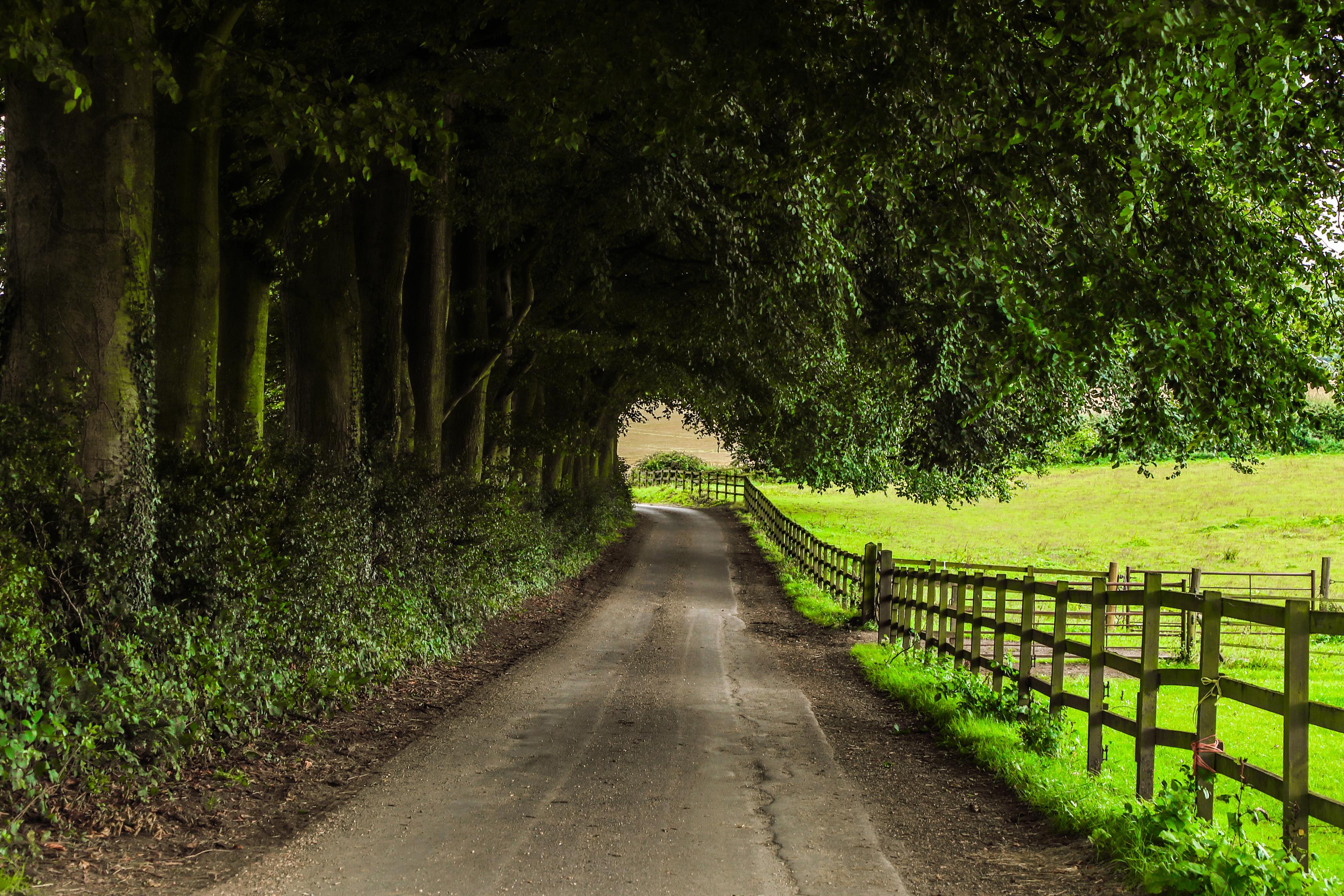
led our dear England through as much woe as grandeur in the two centuries that have hence passed--the impulses of a sickened electoral public seldom reflecting good sense. At the same time, with subsequent reforms having added women to the body politic--a proposition which I once decried--there has emerged a certain class of propertied woman that has proven the equal of her male peers upon the field of political debate. I have even heard tell of one such woman who, some decades before your own moment, had come to obtain the office of Prime Minister, and whose career was marked by a nobel commitment to restoring English greatness (Though I confess I have not had a moment to consult a map to discover where the Isles of Falkland lie.) The existence of such exemplary personages leaves me some hope that England may yet find its way back into the hands of those deserving of governance.
But perhaps my most shocking discovery of the circumstances of your time was the realisation that it was filled with individuals much akin in spirit and demeanour to myself. That is to say, your time seems to be one of immense liberty for many who find themselves drawn through love and passion to those of a sex alike to their own. Such individuals also exhibit much variety in their modes of speech, behaviour, and choice of vestiges. I find myself entranced by the spectacle of that which would be thought unthinkable in my England. Moreover, I have also learned that marriages between individuals of the same sex, such as that which I had with my dear A--, are now sanctioned under the law of the land. I confess to some confliction that this outcome has arisen out of a post-reform Commons, but in spite of what reservations I may hold which concern the state of governance in our country, I cannot help but indulge in my own joy that what was once a thing to be kept in the shadows and behind drawing room doors may now find practice in public.
In my private writings, I had once found myself compelled to reproduce the worlds of Rousseau, who wrote “Je sens mon coeur, et je connais les hommes. Je ne suis fait comme aucun de ceux que j’ai vus; j’ose croire n’être fait comme aucun de ceux qui existent” (Lister 306). [“I know my own heart and I know men. I am not made like any other I have seen. I dare to believe myself to be different from any others who exist ”] I have struggled to find the words to describe this epiphany that there exists in no small number those who are indeed “made like” me. I have found much happiness in the arms of the fairer sex, and in witnessing so many others who have found joy through the passionate embrace of unconventional desire, I find the veil of my loneliness pierced threefold.

It is for this reason that I must express my fear in the current state of affairs regarding how those such as myself should exist under English law. There has of late been much furor in the press over the existence of those that society has labelled as one sex, but who, in their mind, soul, and ways of living, are in fact another. In all honesty, I am not entirely aware of the distinction that such ideologues draw between one who is attracted to those of their own sex, and the above class of individual. I myself have much in my manner that critics have criticised as “masculine.” My contemporaries, having found much fault in my manner of dress and behaviour, were wont to dub me “Gentleman Jack,” and I find little in the arguments of these so-called defenders of womanhood that does not echo the intended cruelty of that moniker.

Granted, there is much to criticise in the tactics of my own camp as well. In their understandable defence of their existence, they have sometimes indulged in the seditious character of a mob! I am aware of a particularly egregious demonstration outside the offices of the “BBC,” which I understand to be a venerable state institution. There is nothing to be gained from such vulgar behaviour, especially as it only reflects the absurdity of our opponents’ own base actions. One need only look at the reflection of this conflict across the Atlantic to see how the sentiment of the radical masses drives this madness. Young America, bereft of the guiding hand of nobility, has seen the rise of demagogues among their fractured provinces who have so whipped the mob into a frenzy that their democracy is now buckling under its own weight.
Ultimately, it is these concerns that have driven me to write this letter. As one who also knows their own heart, I would offer you what strength and wisdom I can. First, always remember that it is our passions that define us, whether they be in love, labour, or politics. Remember that the insults of others, though they may bite like fleas, need not break your spirit. Do not give in to the temptation of the mob, but always strive to exercise good sense and good temper. And finally, take joy and pleasure in the love of others, for that is what sets us apart from those who would rebuke us.
Always very affectionately yours, Anne

Context: Elizabeth Cary, Viscountess Falkland (1585-1639) was an early seventeenth century writer whose written works spanned plays, theology, geography, history, political commentary and religious observations A highly learned aristocratic, business-minded woman of her day and age, Elizabeth Cary’s life and written works survive in part due to her daughter, Lucy’s, detailed autobiography of her life.
To a Present-Day Divorced Mother in America,
I have recently received your letter asking for advice. It is hard for me to counsel someone who I have never had the grace to meet or, indeed, provide any sound assistance to someone who lives in a very different world from my own. While I had the great privilege to travel within my lifetime, particularly to the vast, untamed greenery of Ireland, I must admit that I have never once travelled to the United States of America, the place which you ’ ve identified as your home. Where I sit in time, America is merely a small colony, under the stewardship of great England, that is just starting to develop beyond its initial scope of quaint villages, ports and trapping communities; it is difficult to imagine the exponential growth that would have been required for America to exist as the vastly industrialized nation as it is detailed in your letters.
While a great many things are in upheaval in your current time, and I understand that this arises great trepidation and anxiety within your heart, I have always found faith to be the one true source of strength. Faith is the pillar of hope, and His love will always guide you on the correct path. Your path will reveal itself in due time, even if you cannot yet see it. Trust in His will and prosperity shall greet you at the end of that trust. An immense array of people have walked into my life and then, just as swiftly strode out, particularly the men who frequently headed off to greater adventures at the slightest sign of turmoil within their home or a single stroke of distraught held within the bosom of their wife, but while those such people have moved from of my life, my faith has always remained true and strong.
While the lack of religious dedication is a phenomenon that is quite frightening and quite bleak for my personal convictions, I am heartened to hear that education for young women has greatly improved in the intervening centuries. A scholar from a young age, I often had to hide my learnedness growing up. Frequently, I used to read late into the night, a secret only known by the flickering candlelight, until my mother ordered the servants to stop providing me candles to cease such unbecoming habits. But I refused to give up the exploration of knowledge and, indeed, went even further by composing a collection of writings and translations Have you by chance had any time to read any of my works? Have they survived from my existence to yours and do young women yet draw inspiration from them?
While education seems to have improved for the young women of America, as I gather from your previous letter, I am saddened to hear that the rights of women are still being fought for in a way that I wish would have been resolved since my lifetime. Particularly concerning is the revelation that birthing beds and post-birth care are relentlessly deficient in America. While a great many things have shifted and changed in the passing tides of time, I find it both a tragedy and comfort that the struggles of motherhood have remained a unifying experience across the many decades that separate you and I.
While children are the delights of any mother, the process of bringing a child into the world is long, arduous and complicated. I myself know the pain of what can come after childbirth, the lack of strength available to pull yourself out of a growing pit of sadness and apathy that plummets you to the barest dregs of your being, sometimes to the critical point where you cannot stand to even peer at the miracle of life which you have wrought onto the world. It is a lonely experience and one that outsiders cannot fathom to comprehend. So much is expected of women after childbirth that one simply cannot always bear those expectations. Women face such pressure to bear fruit to life even when their lives themselves are not given the same reverence, or considered forfeit entirely, most certainly when they are not acting as mothers “should”. Women are not cared for in the way that they should, in mine time or yours, but are forced to endure it all the same
Here, even if you should not have faith, in God or yourself, I urge that you do not give up on your children, even if it feels impossible to bring yourself to fight for them. The messiness of a separation from one ’ s husband and the unfortunate positioning of children within that separation, is something I understand all too well. Every emotion that you display will be examined and scrutinized by the law. If you are suffering, suffer where they cannot use it against you. But, if the law will still not grant you your children, find a way outside the law to ensure that they remain with you, their mother. I once kidnapped my own children in order to save not only them, but myself Without them and the guidance of God, I do not doubt I would have been unable to crawl out of the shadow of sorrow that crossed me after two of my most difficult pregnancies. Without faith, children are the only thing that you have to cling to in those shadows. Ensure that you never lose them.
May the Lord be with your Spirit and may His grace be with all of you (New Jerusalem Bible, Timothy 4:22),
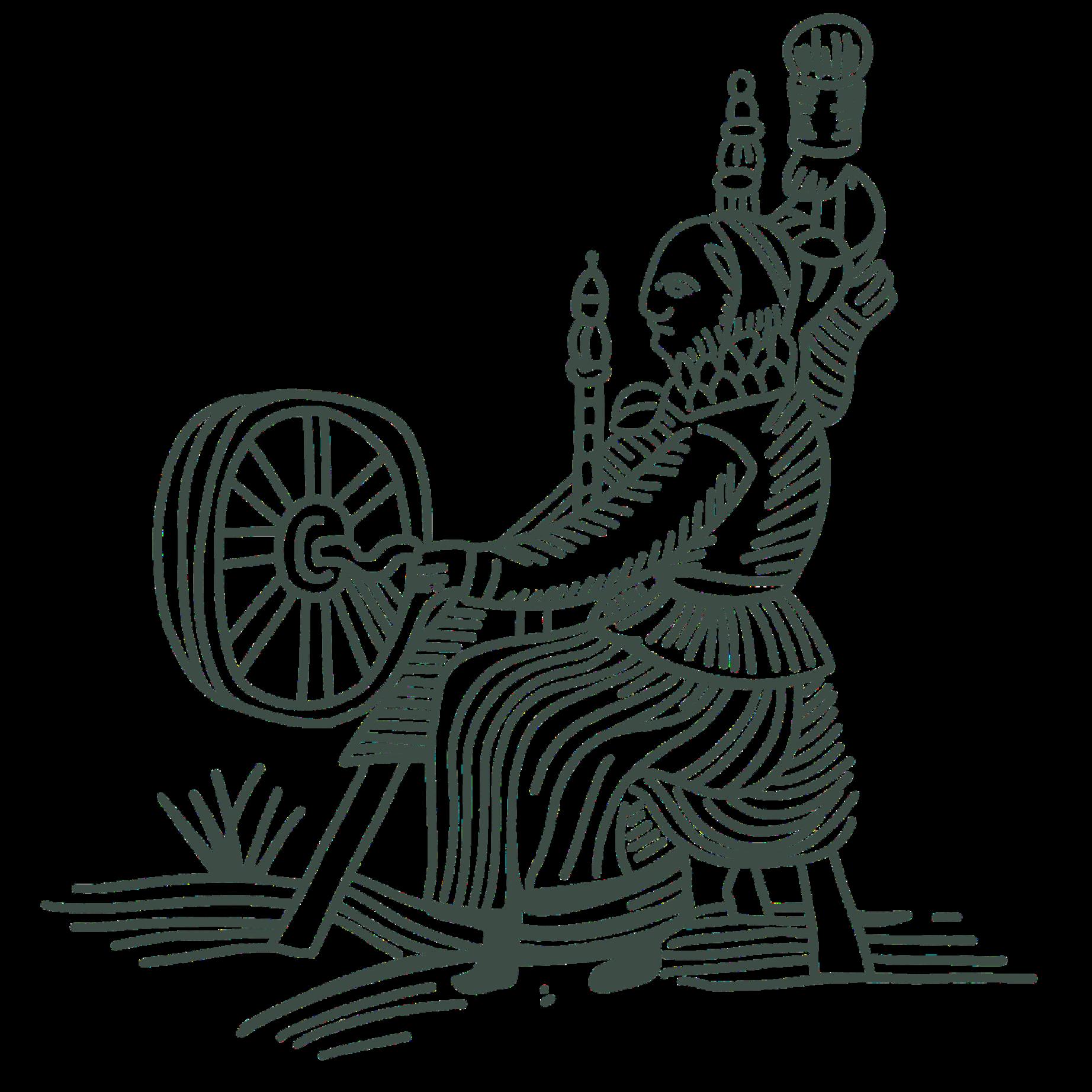
 Elizabeth Cary, Viscountess Falkland
Elizabeth Cary, Viscountess Falkland
PAGE 4-5
Van Leuven, Laura. “A Brief History of Zines.” The Chapel Hill Rare Book Blog, 25 Oct 2017, https:// blogs lib unc edu/rbc/2017/10/25/a-brief-history-ofzines/
Woolf, Virginia A Room of One’s Own Penguin, 2004
PAGE 8-12
Gregg, V. M. (Ed.). (2005). Caribbean women: an anthology of non-fiction writing, 1890-1980 (Vol. 1). University of Notre Dame Press.
Gontharet, A. (2019). An ecofeminist perspective of the impact of development policies on women ’ s lives: the case of Ethiopia. https://repository.gchumanrights.org /server/api/core/bitstreams/71331ff6-f7f4-403a-930ff2e35284afdb/content.
Reddock, R (2013) Diversity, difference and Caribbean feminism: the challenge of anti-racism The University of the West Indies, https://sta uwi edu/crgs/april2007/ journals/Diversity-Feb 2007 pdf
Rosenberg, L. (2010). The new woman and “the dusky strand”: the place of feminism and women ’ s literature in early Jamaican nationalism. Feminist Review, 95, 45–63. www.jstor.org/stable/40928109
Turner, T. et al. (n.d). Mau Mau Women. www.terisa turner.com/MauMau/index.htm. Retrieved March 12, 2023.
Vassell, L. (1993). The movement for the vote for women 1918-1919 Jamaican Historical Review, 18, 40
PAGE 16-17
https://orlando-cambridgeorg login ezproxy library ualberta ca/profiles/thoral
PAGE 22-23
Clarke, Elizabeth. “Anne Southwell and the Pamphlet Debate: The Politics of Gender, Class, and Manuscript ” Debating Gender in Early Modern England: 1500-1700, edited by Cristina Malcolmson and Mihoko Suzuki, Palgrave Macmillan, 2002, pp 38-53
Klene, Jean Introduction The Southwell-Sibthorpe Commonplace Book: Folger MS. V.b.198, by Lady Anne Southwell, 1997, pp. xi-xliii. https://archive.org/details /southwellsibthor00soutuoft/ page/20/mode/2up.
Longfellow, Erica. “Lady Anne Southwell’s Indictment of Adam.” Early Modern Women’s Manuscript Writing: Selected Papers from the Trinity/Trent Colloquium, edited by Victoria E. Burke and Jonathan Gibson, Ashgate, 2004, pp. 111-130.
Southwell, Lady Anne. The Southwell-Sibthorpe Commonplace Book: Folger MS V b 198, edited by Jean Klene, 1997 https://archive org/details/southwell sibthor00soutuoft/page/20/mode/2up
PAGE 41-43
Lister, Anne. The Secret Diaries of Miss Anne Lister: I Know My Own Heart, edited by Helena Whitbread. Little Brown, 2010.
PAGE 44-45
The Bible. The New Jerusalem Bible, Oxford UP, 1985.

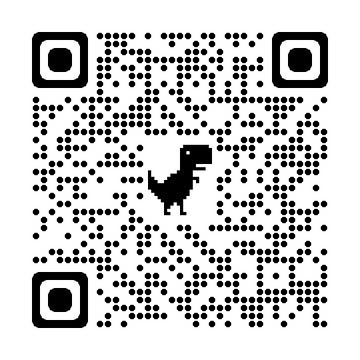
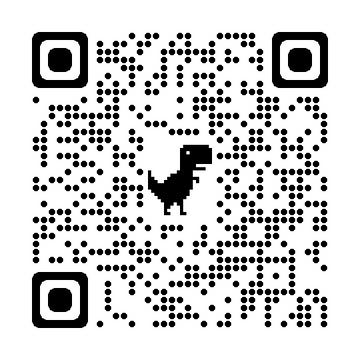


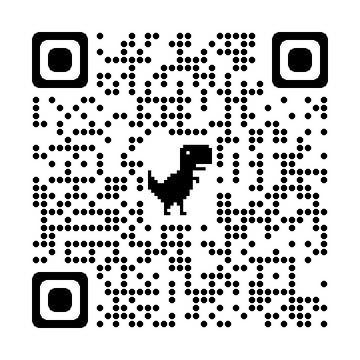
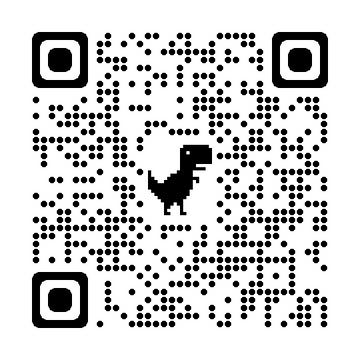

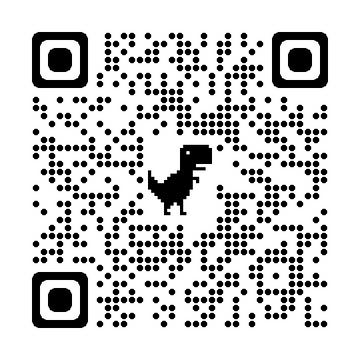
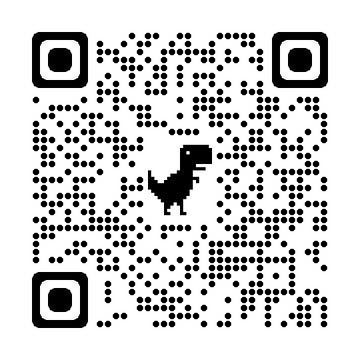
PAGE 13
"Letter from Catherine Parr to a Friend"
PAGE 25
"Letter from Lady Mary Wortley Montagu"
PAGE 18
"No Address: Letter to Elizabeth Burnet"
PAGE 28
"Letter From Margaret Paston to Rachael McCleod"
PAGE 20
"Two Spirit Sonnet"
PAGE 22
"A 'Darlinge of the Nine'"
PAGE 24
"Stuck"
PAGE 31
"Letter from Chevalière D'Eon to Myself"
PAGE 36
"Jack and Jill"
PAGE 41
"Letter from Anne Lister to Those Who Know Their Own Heart"
